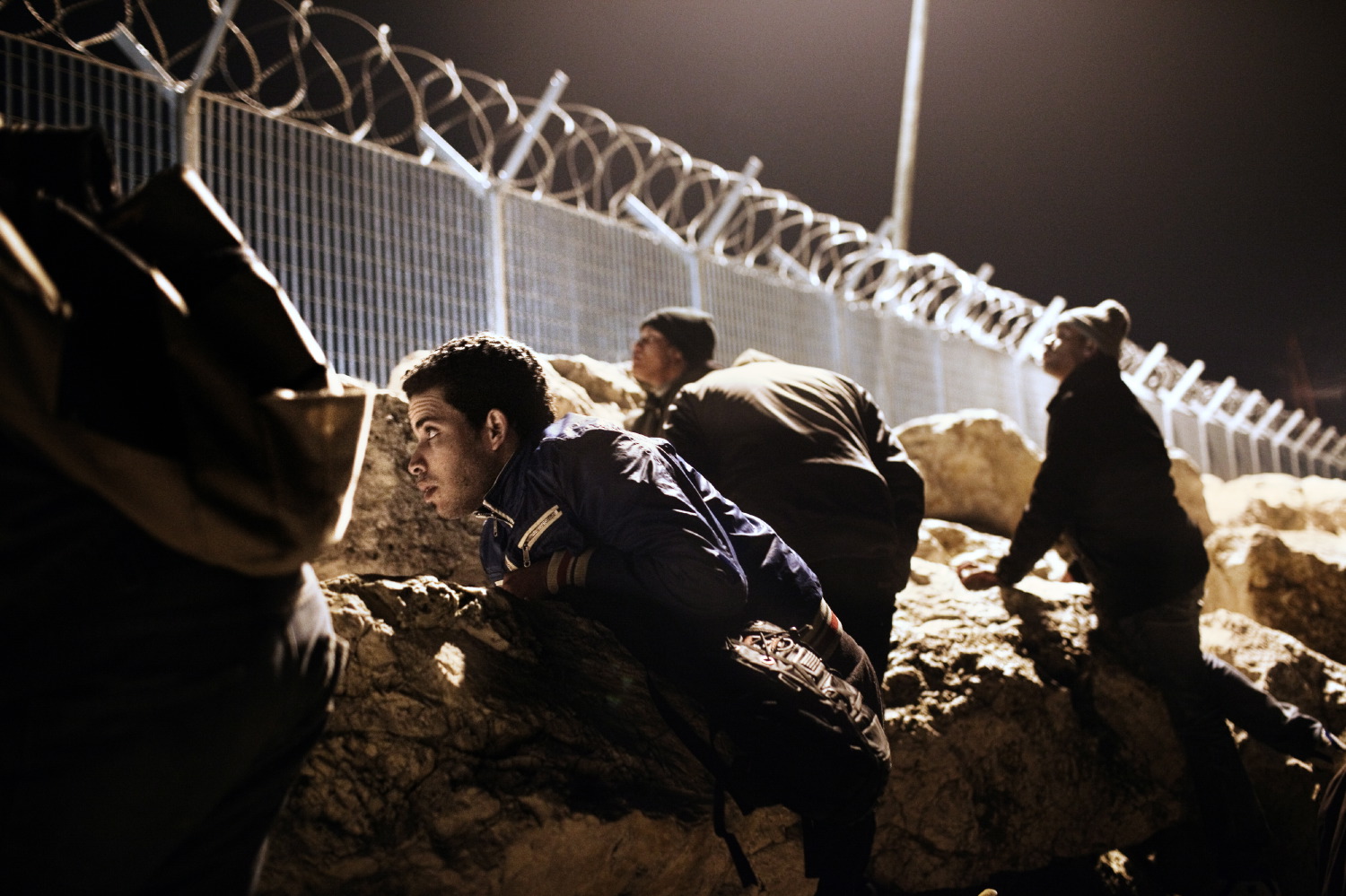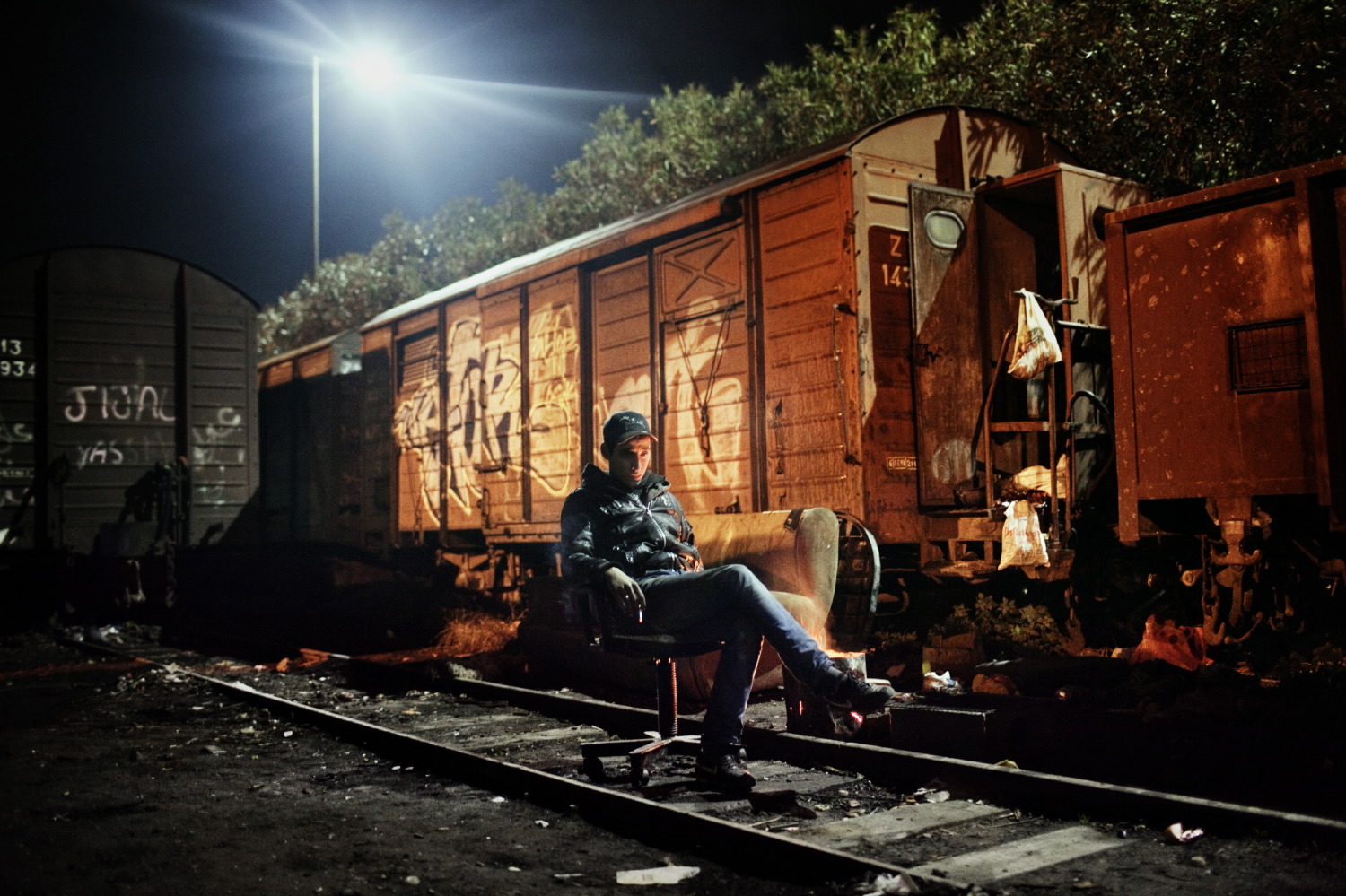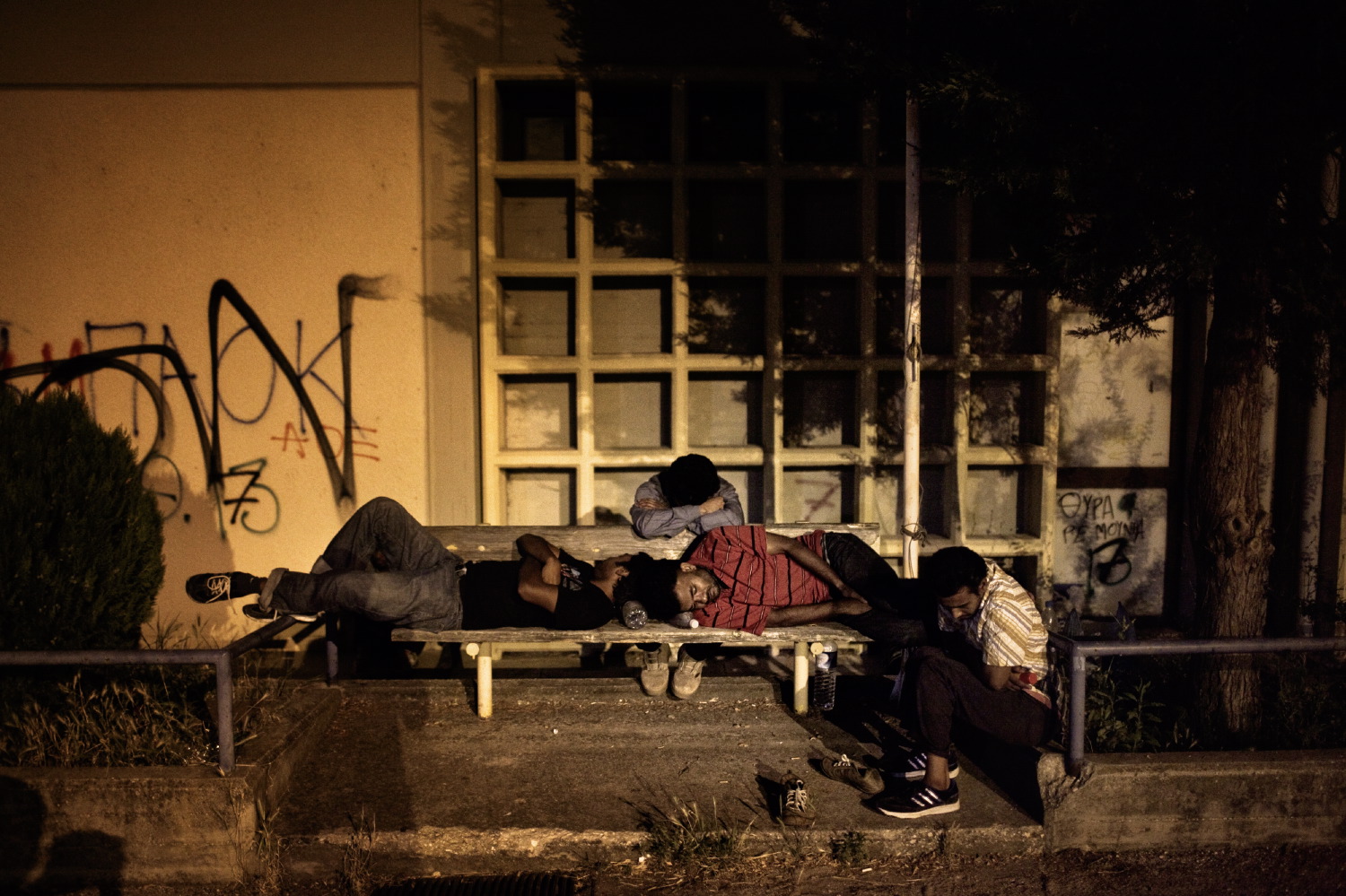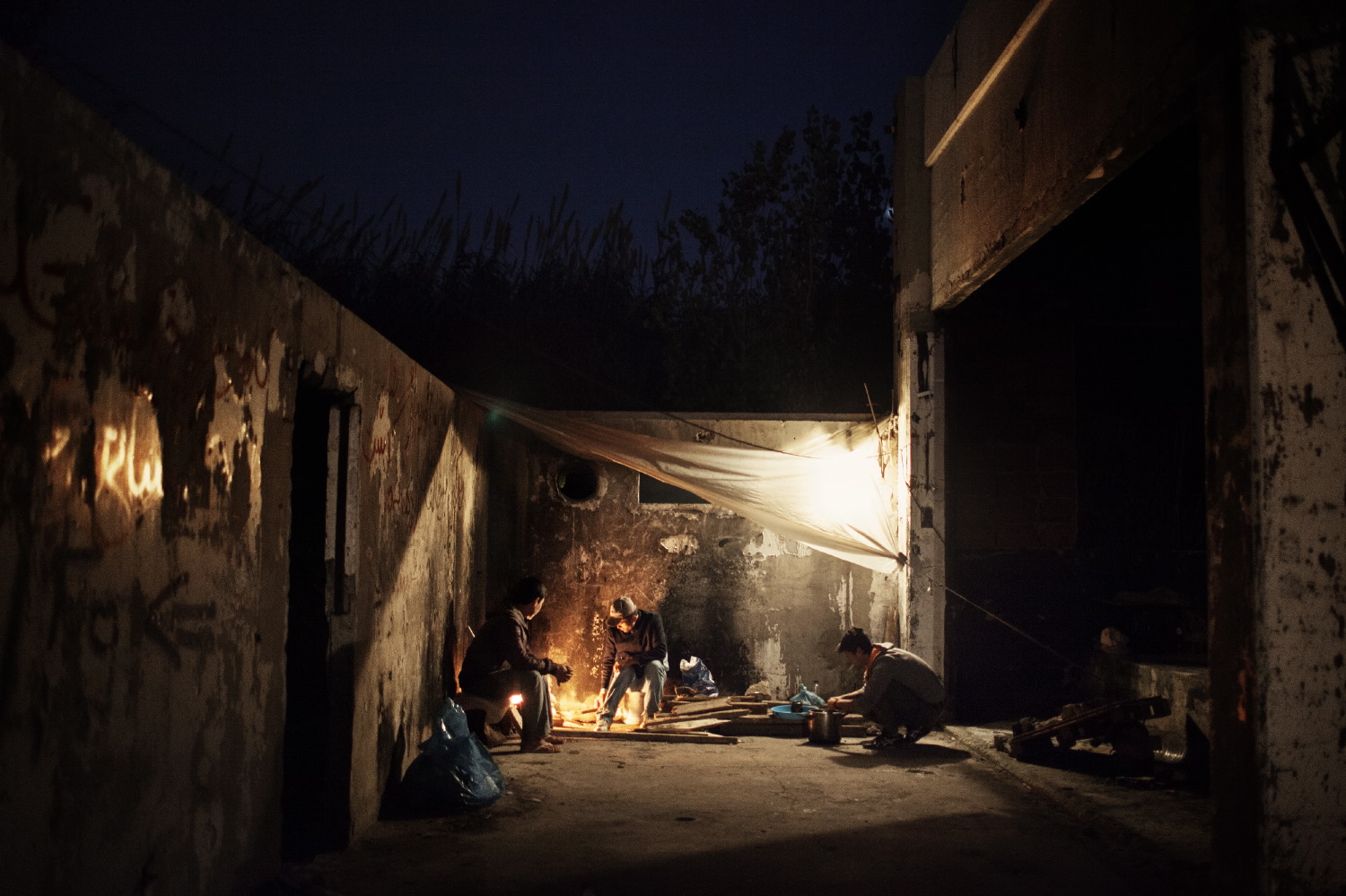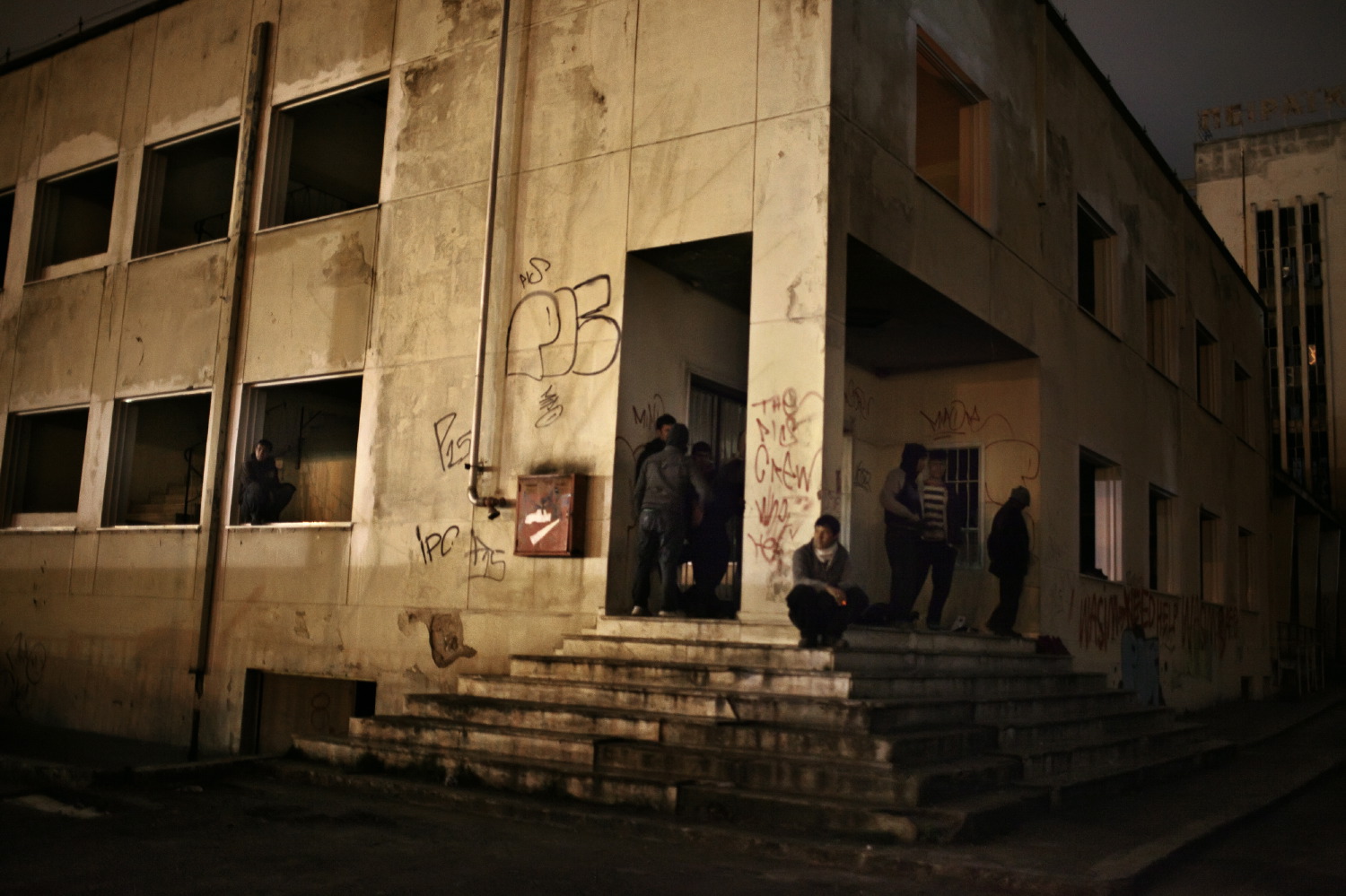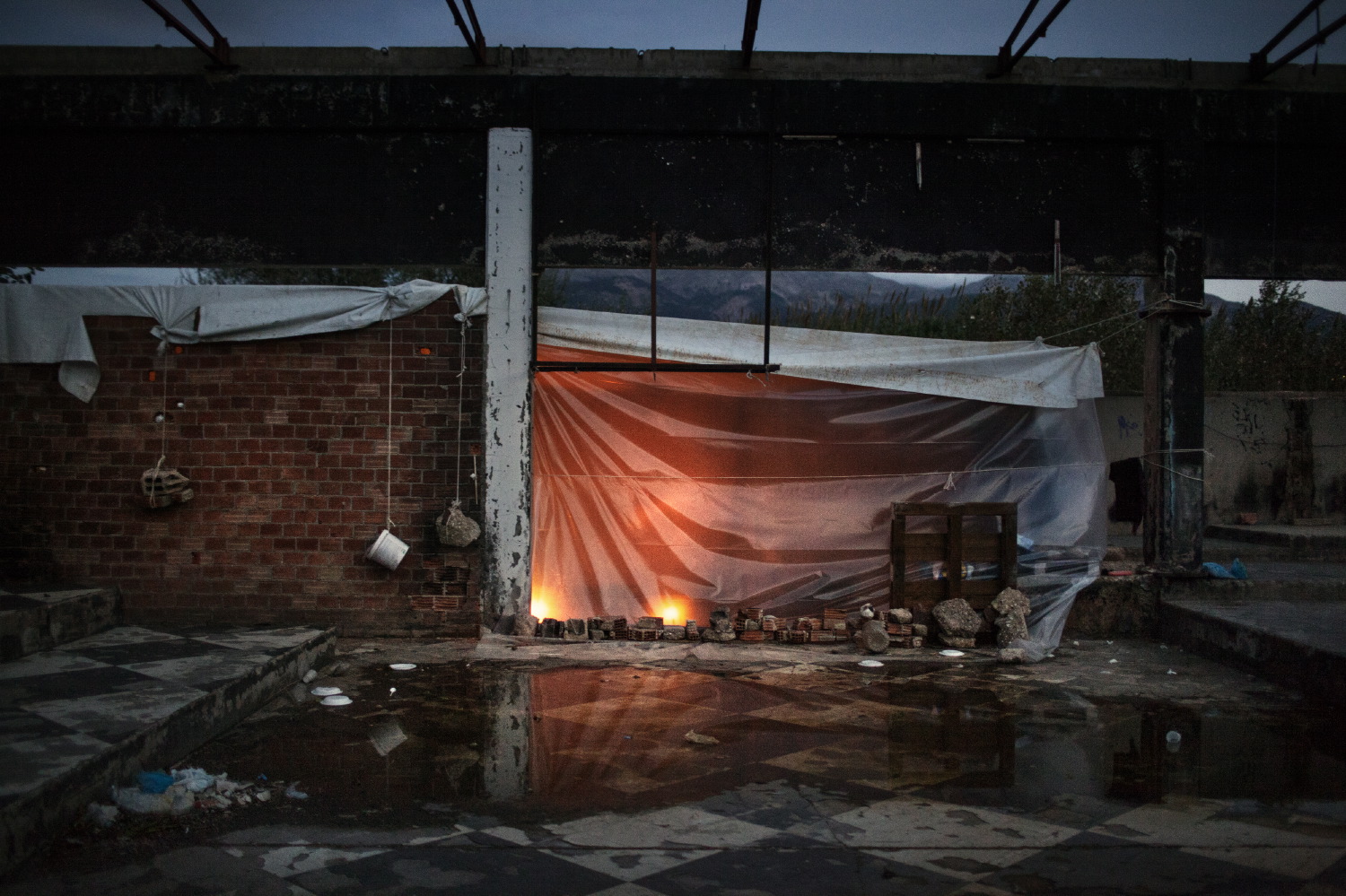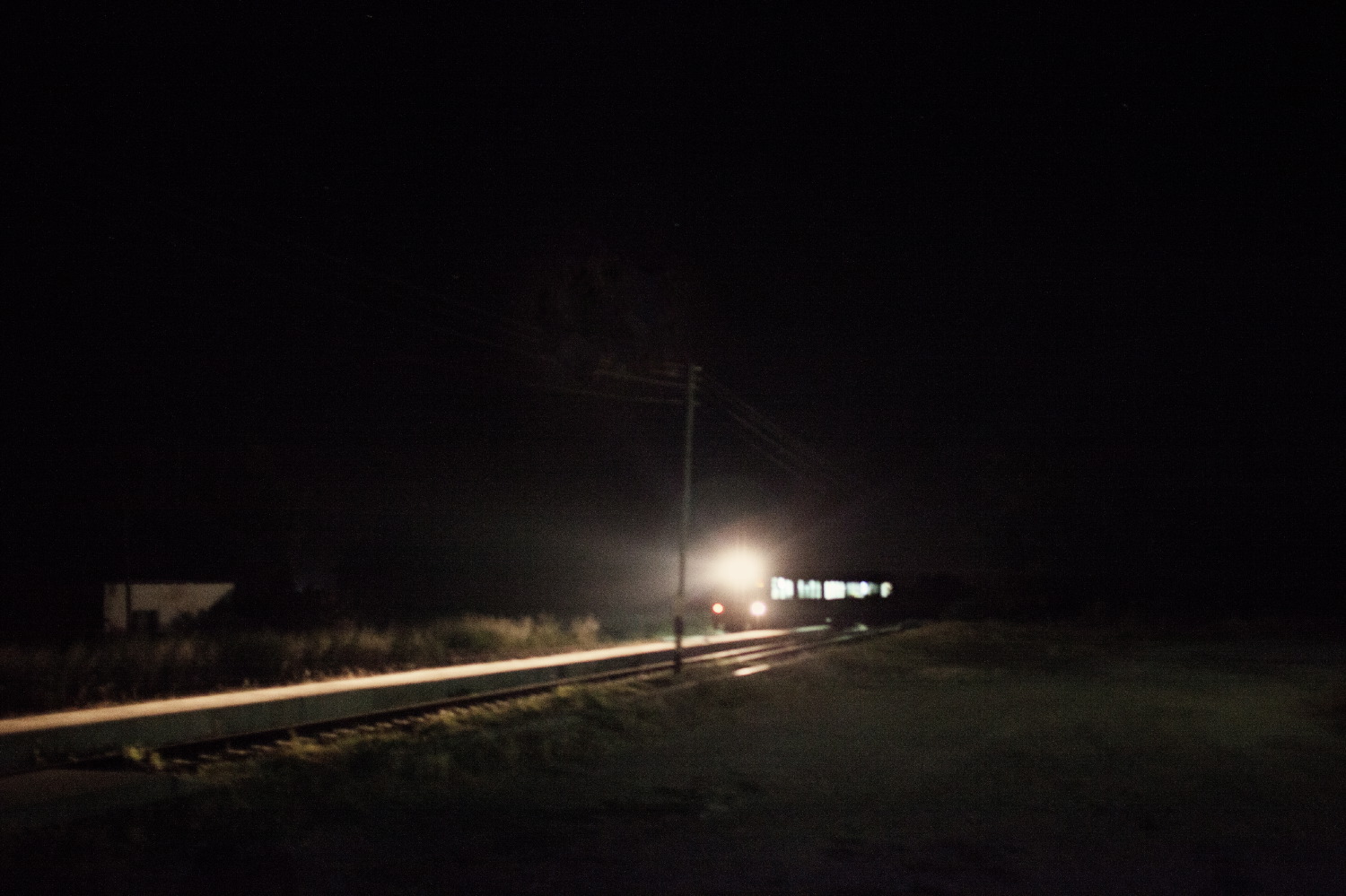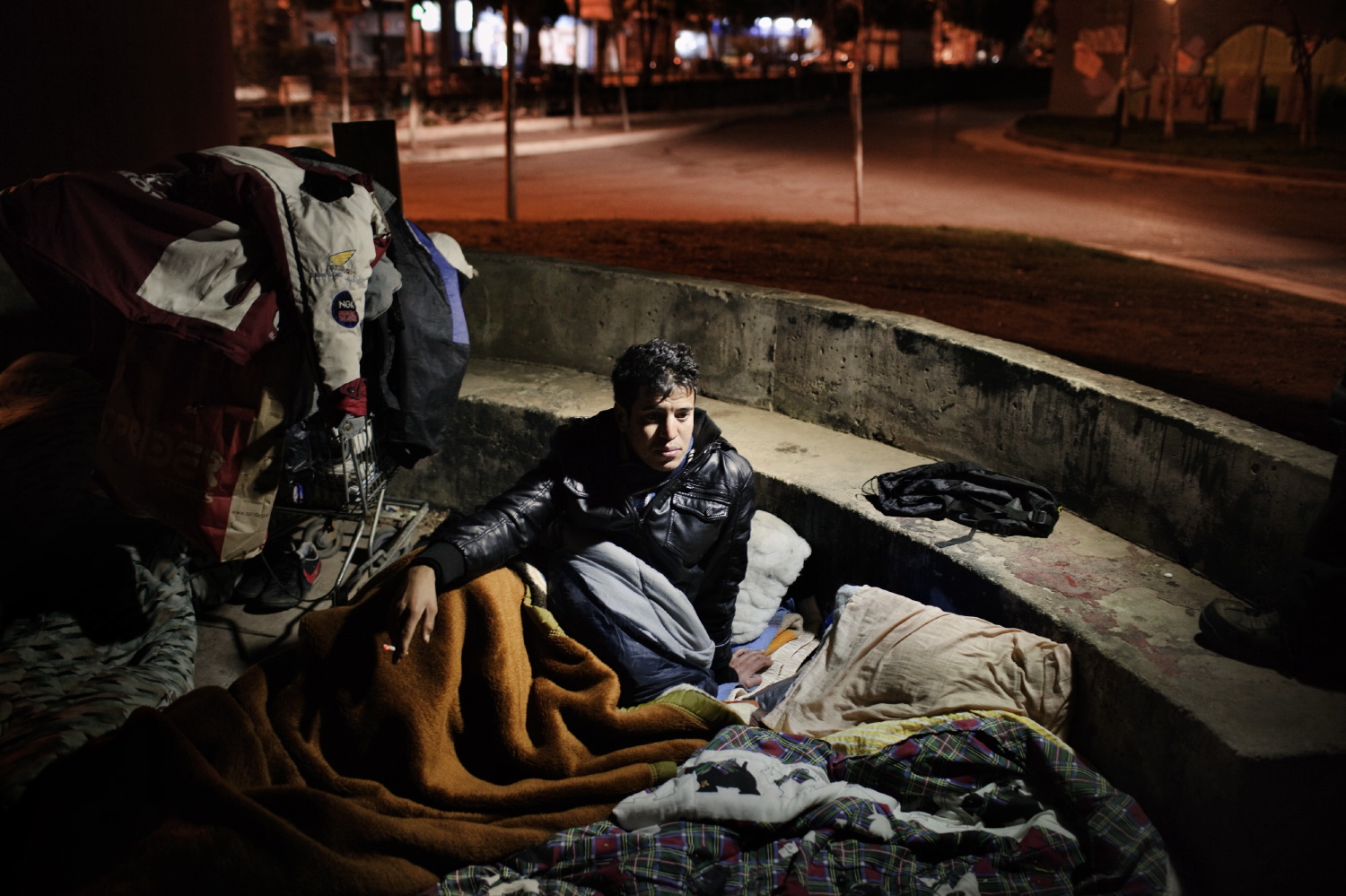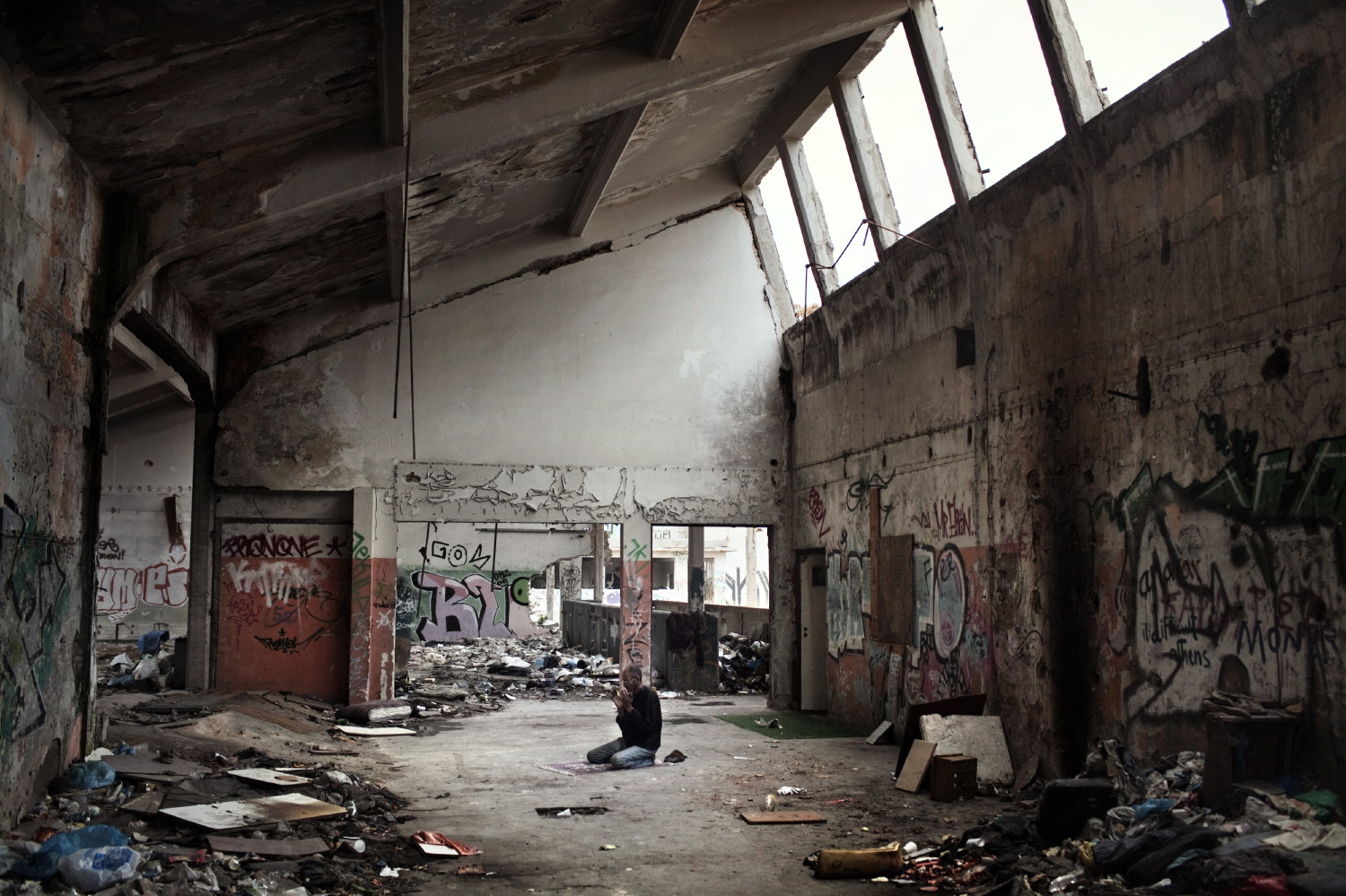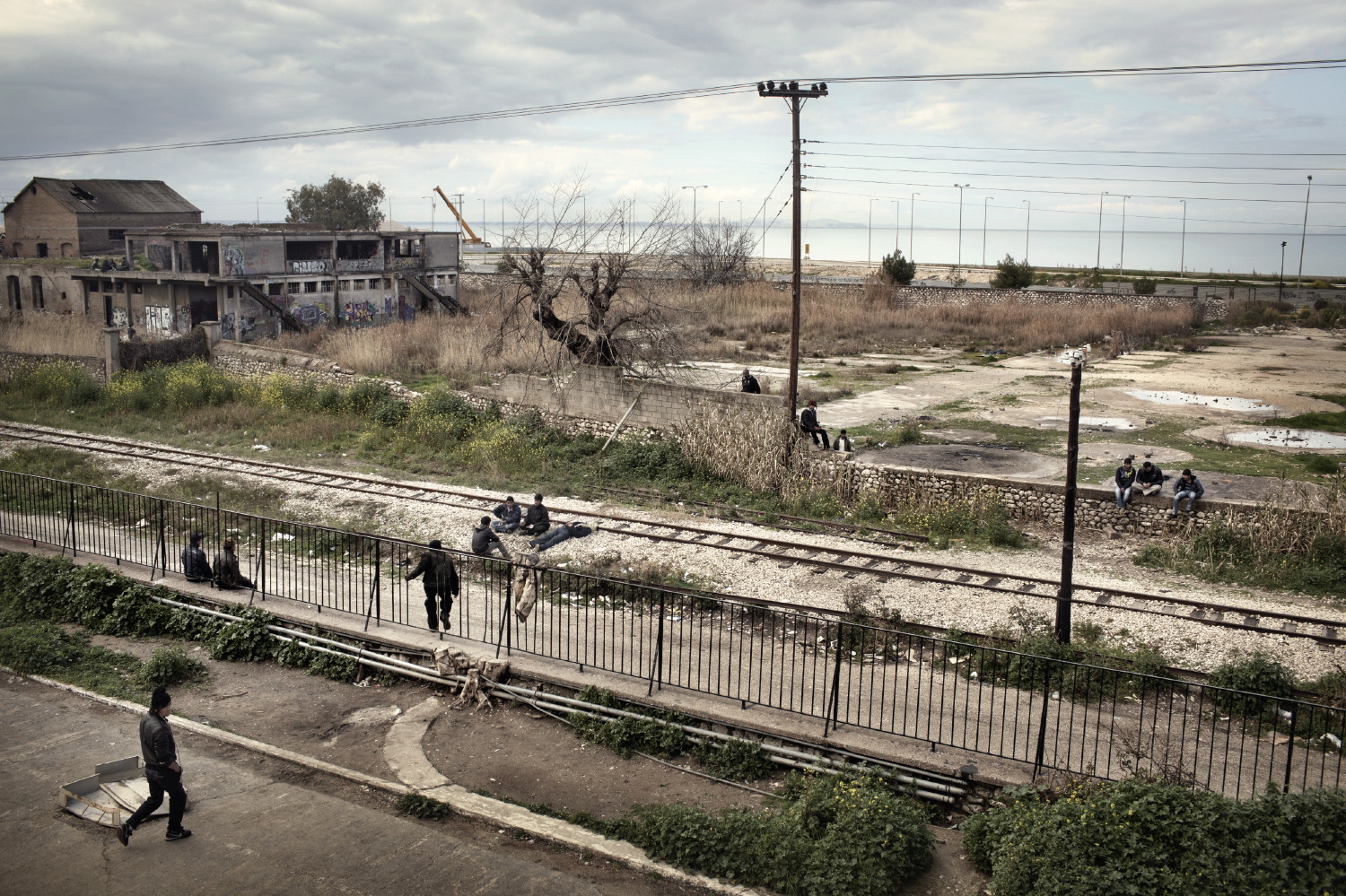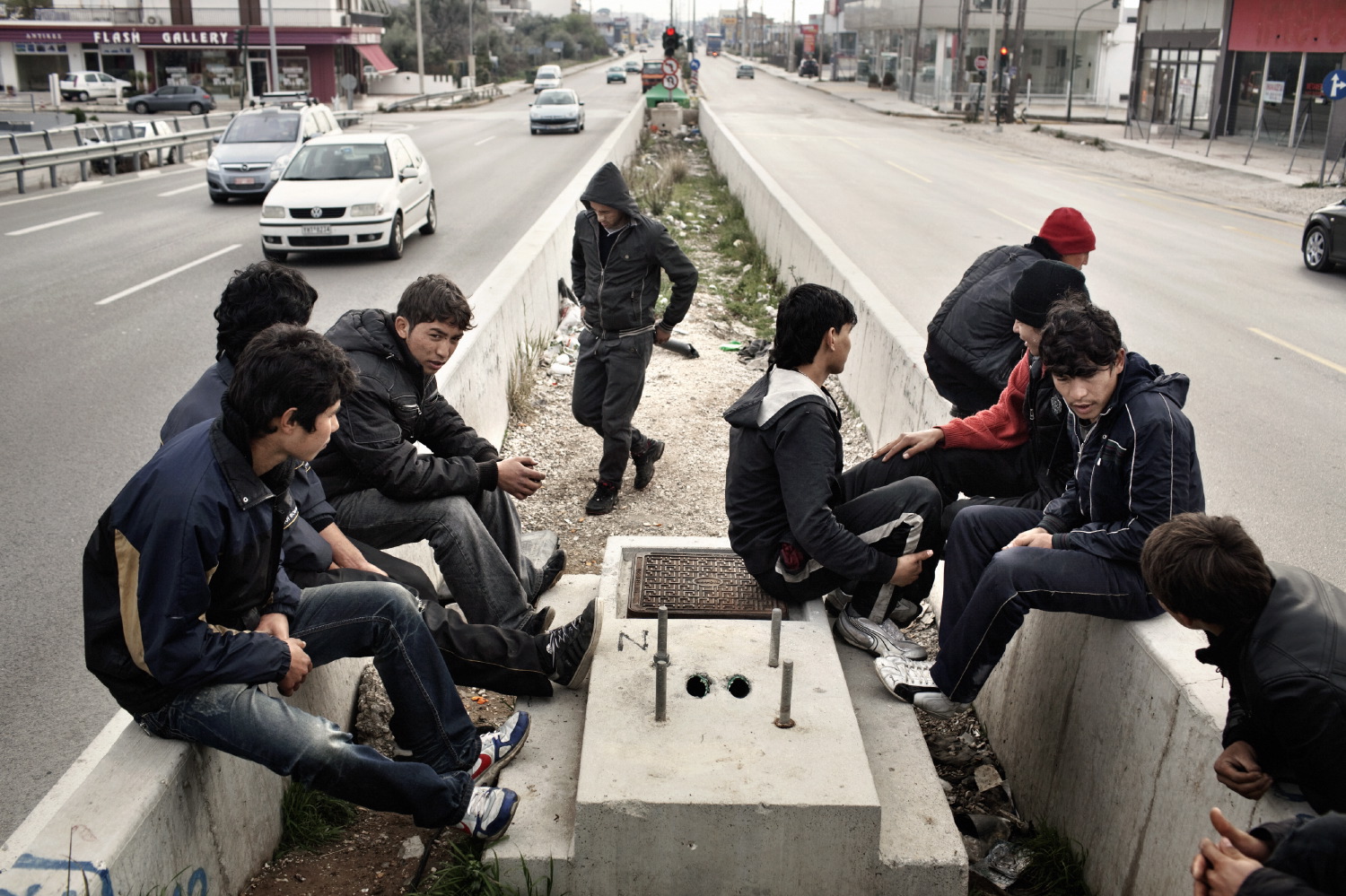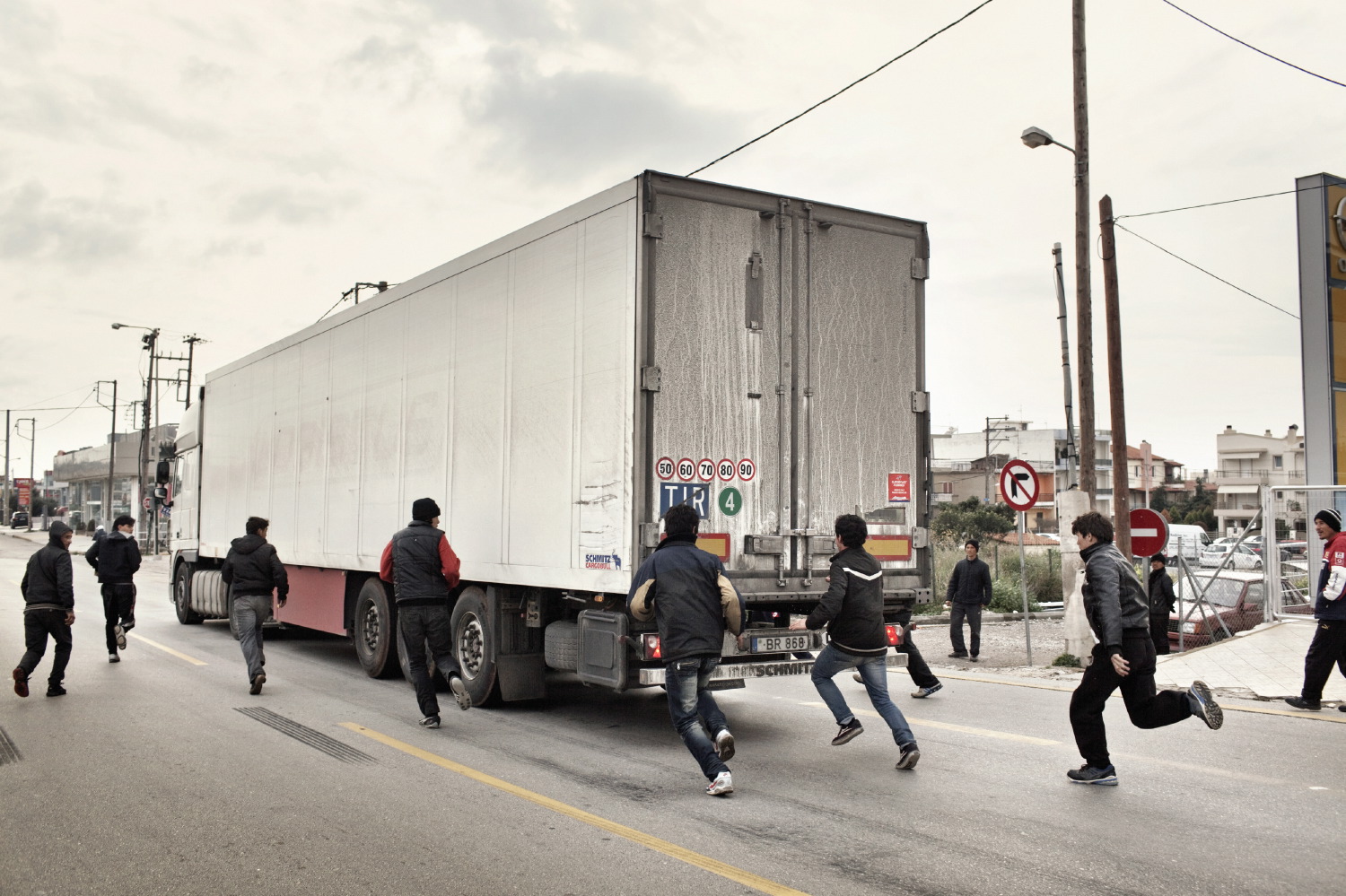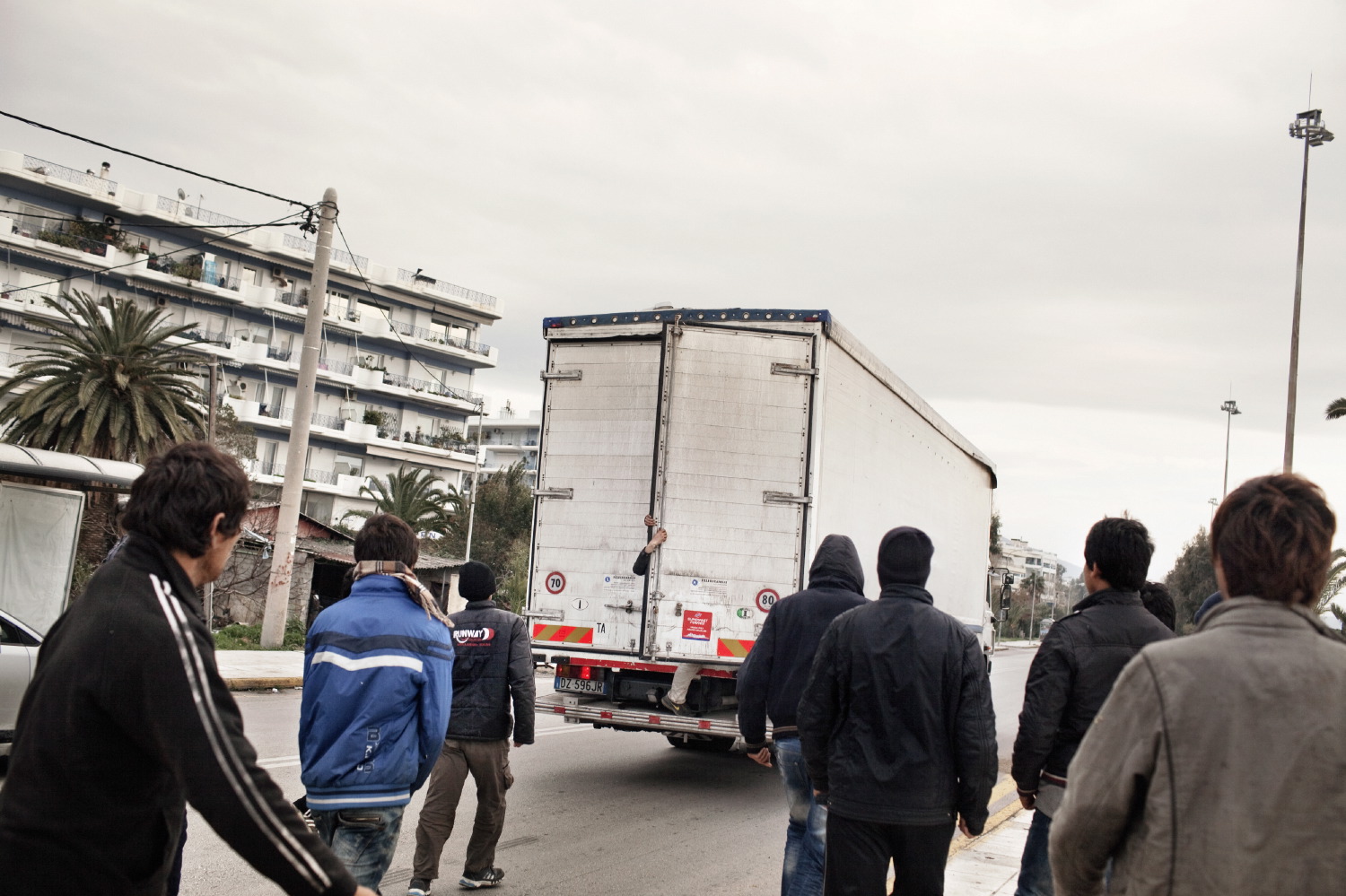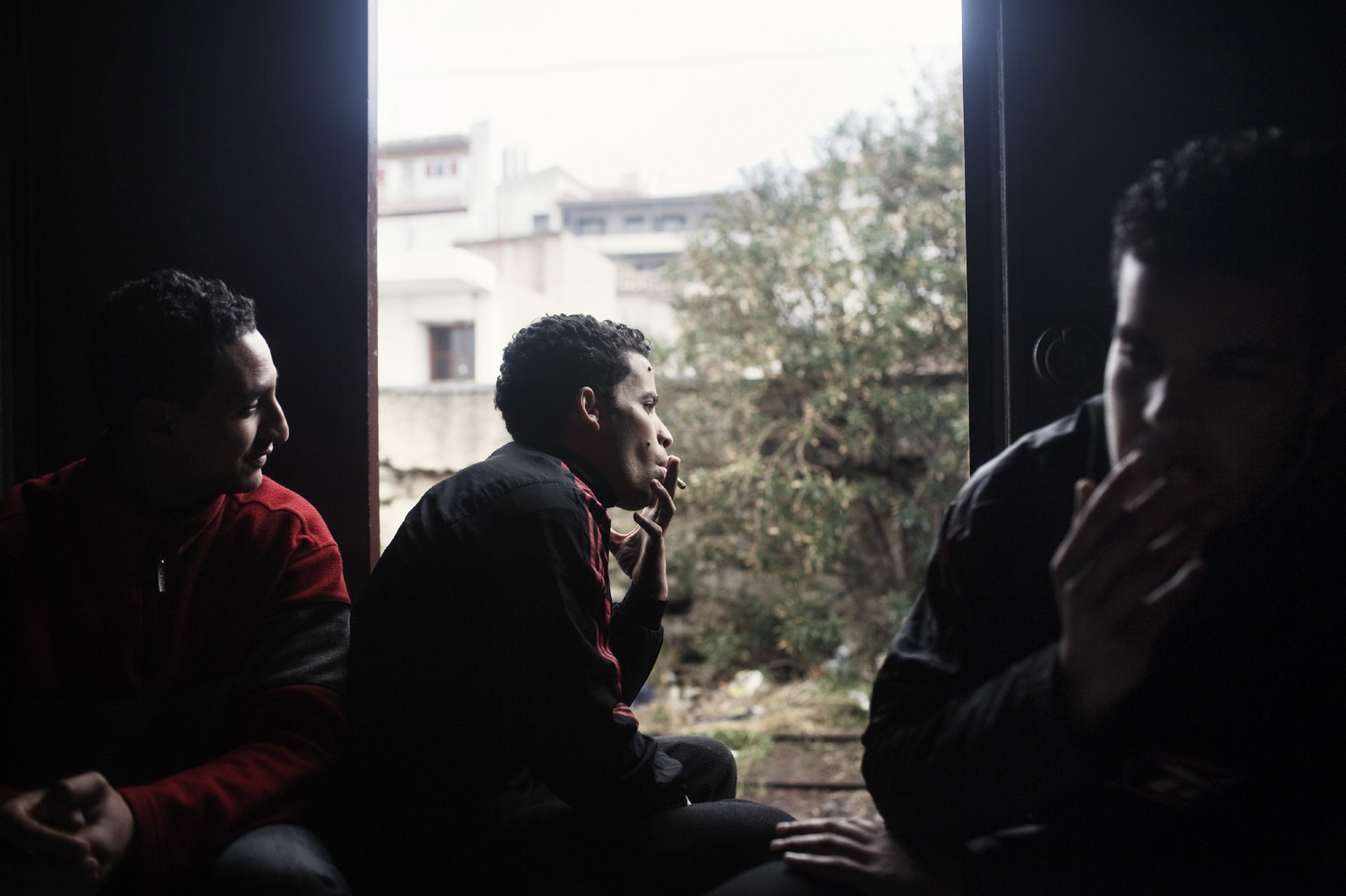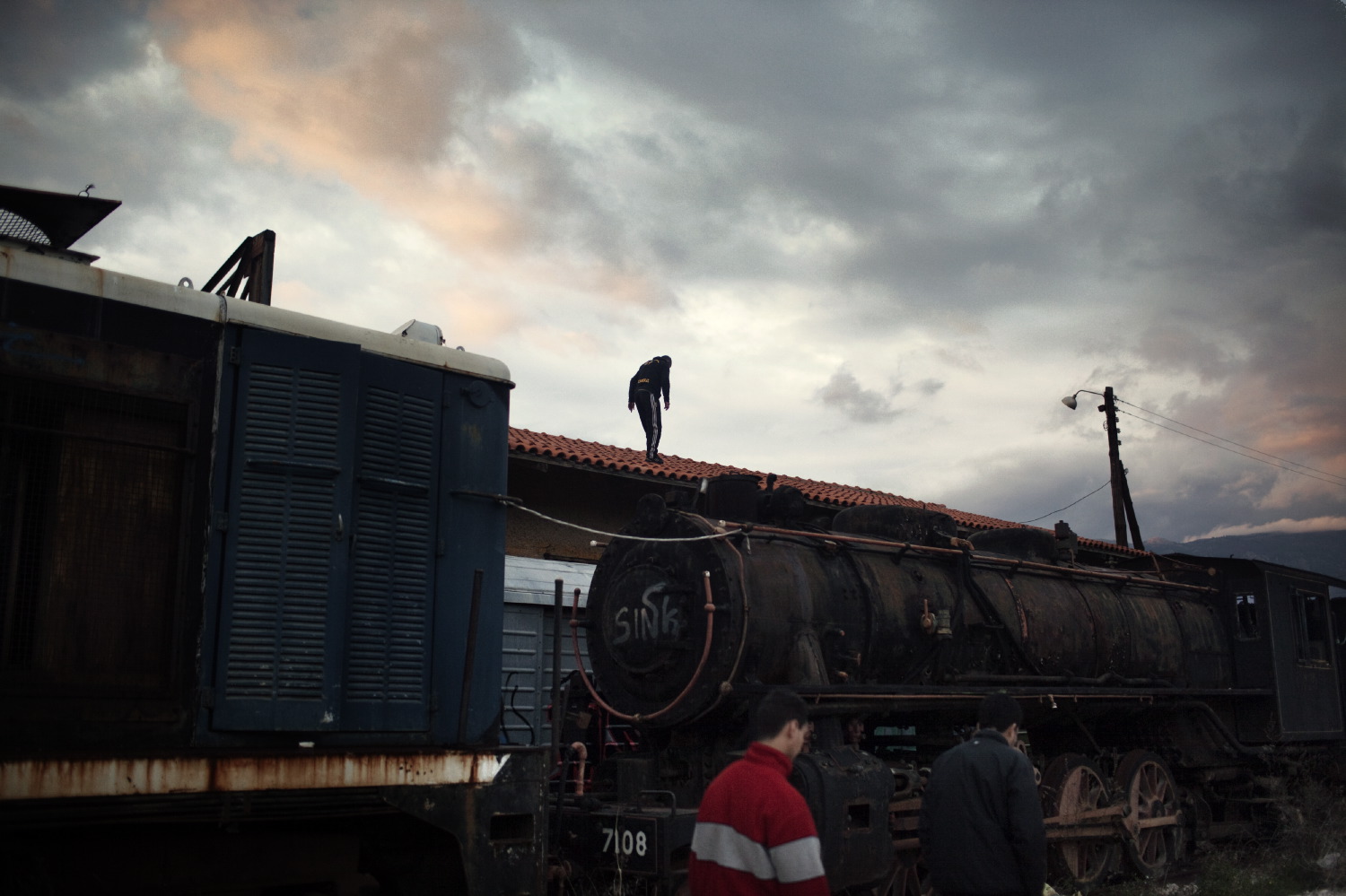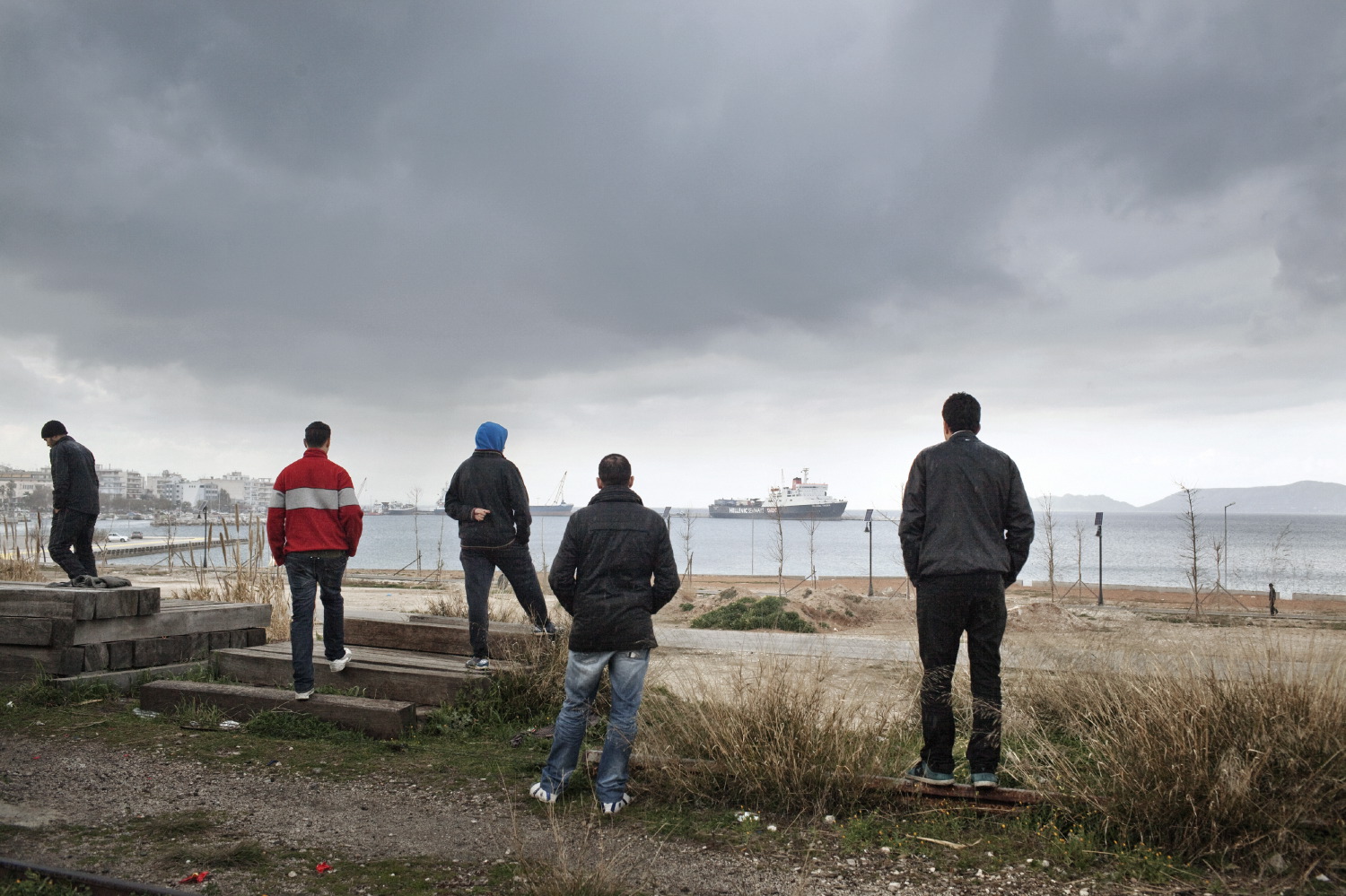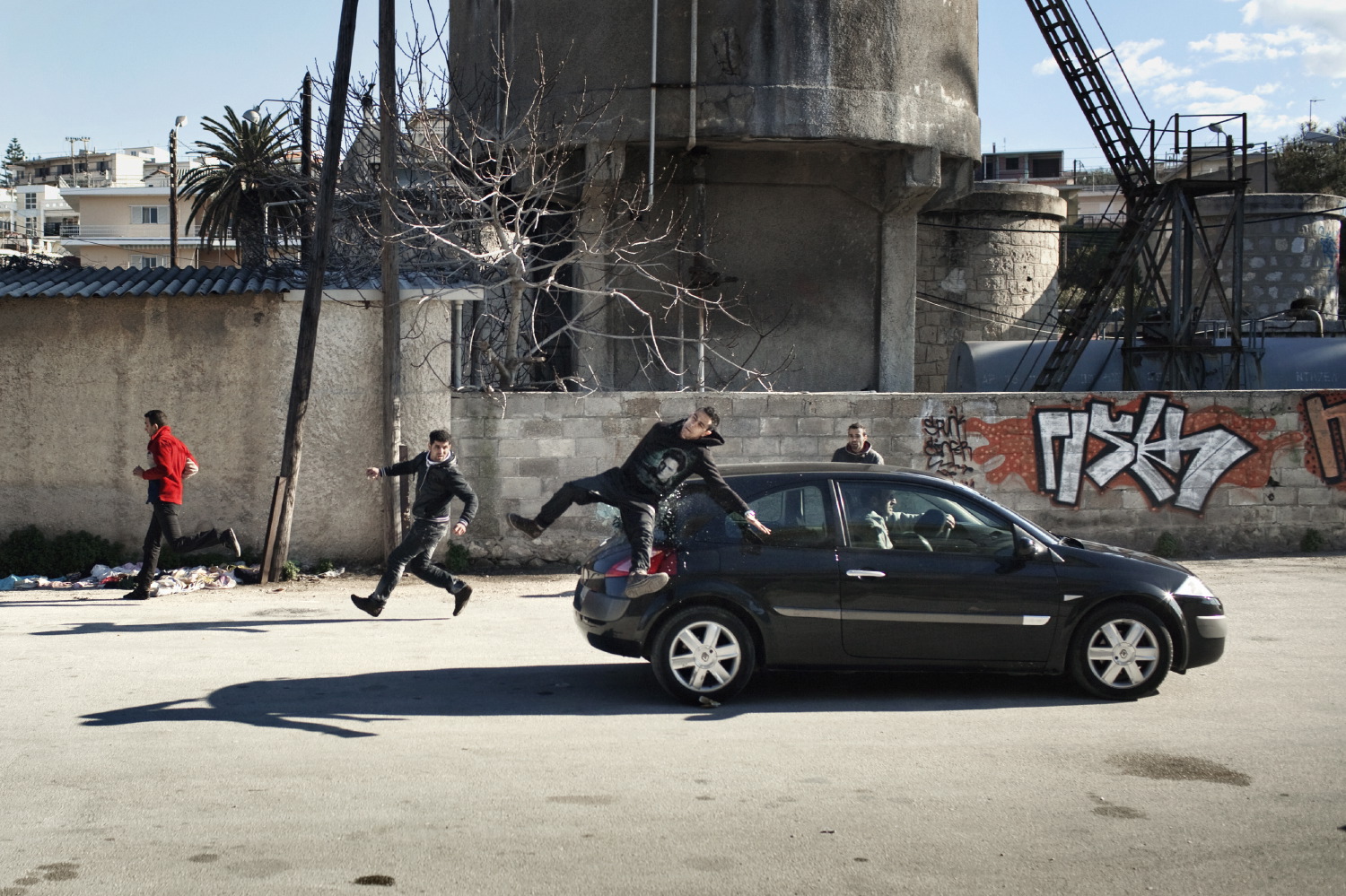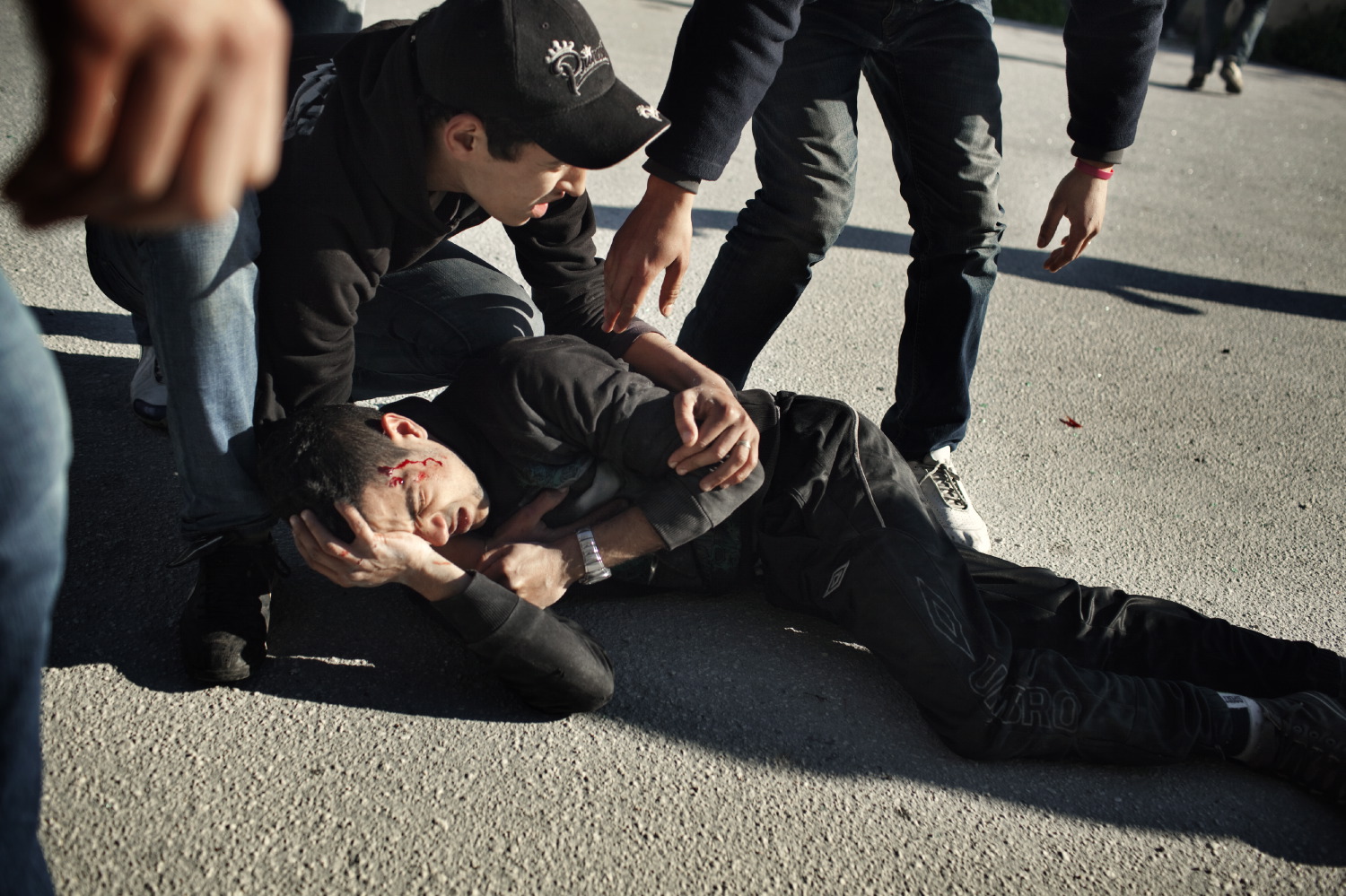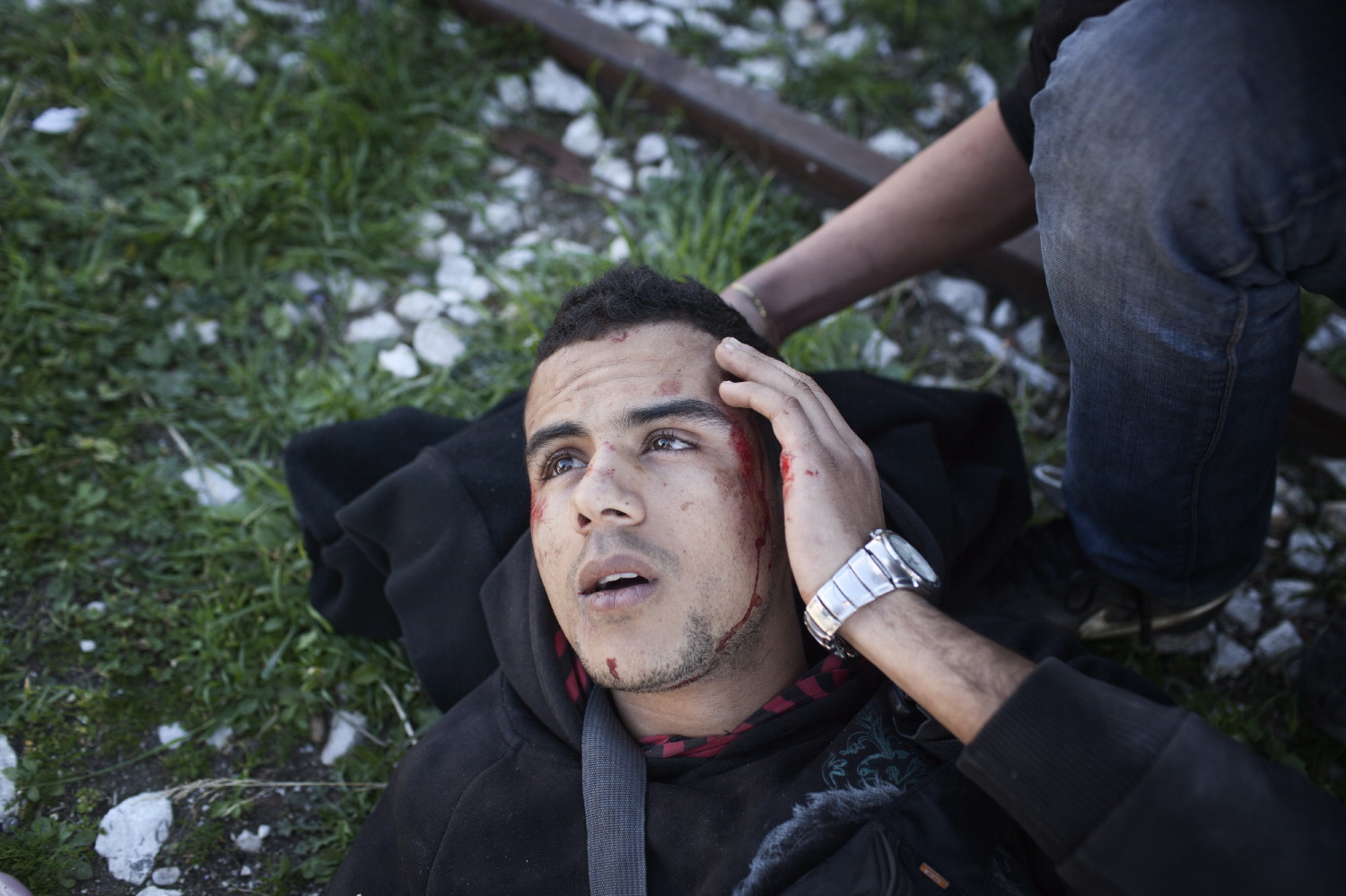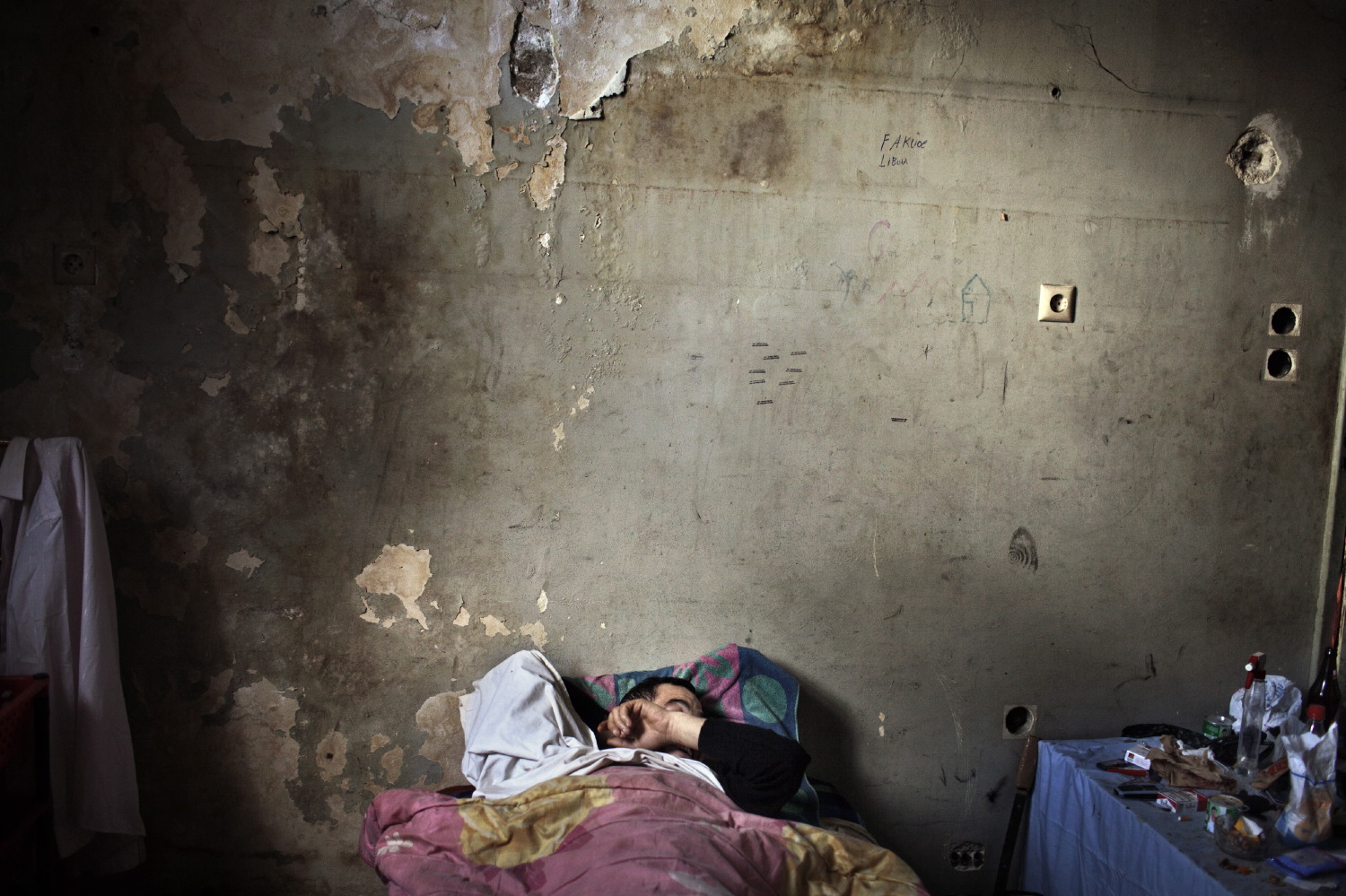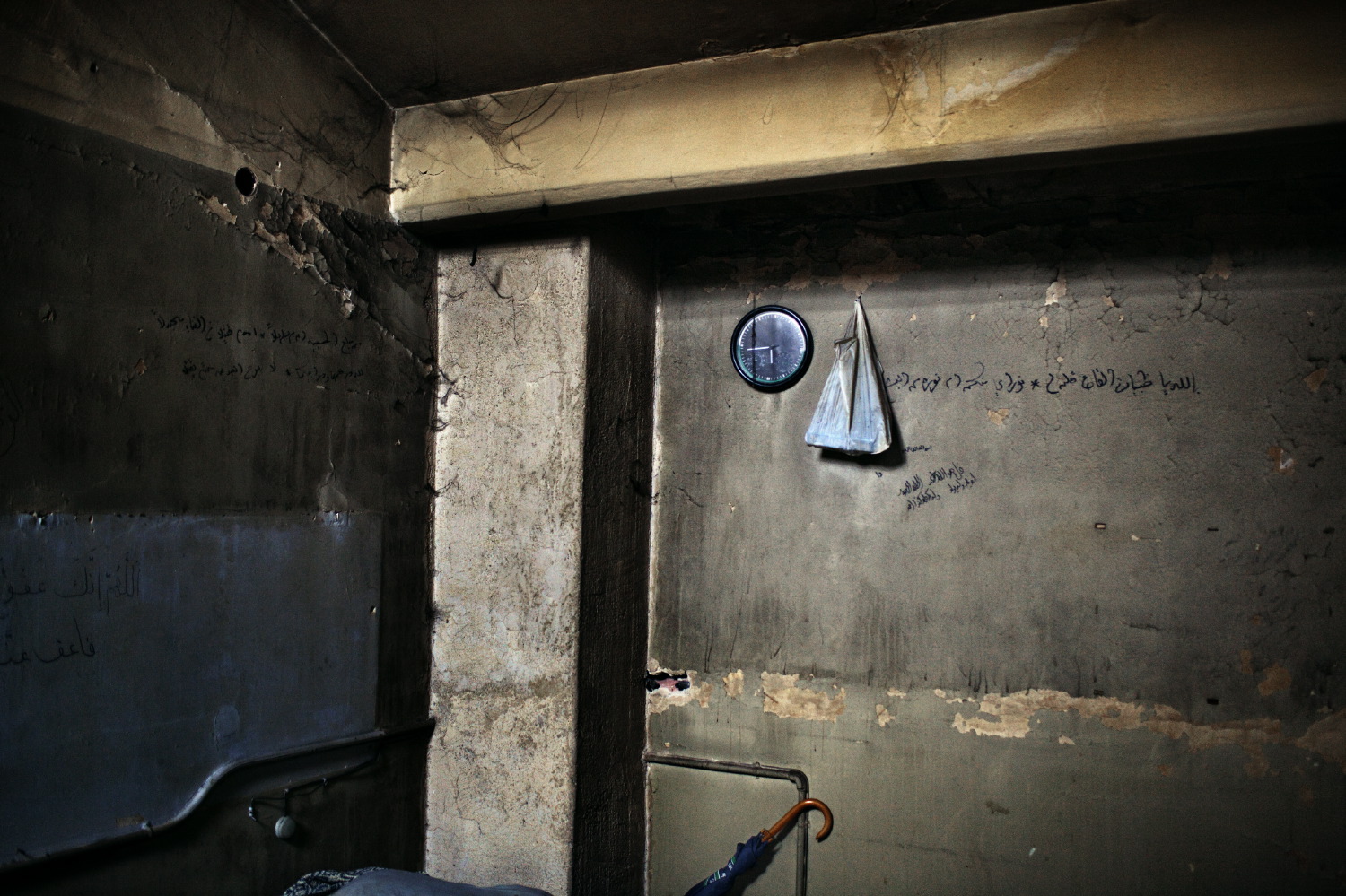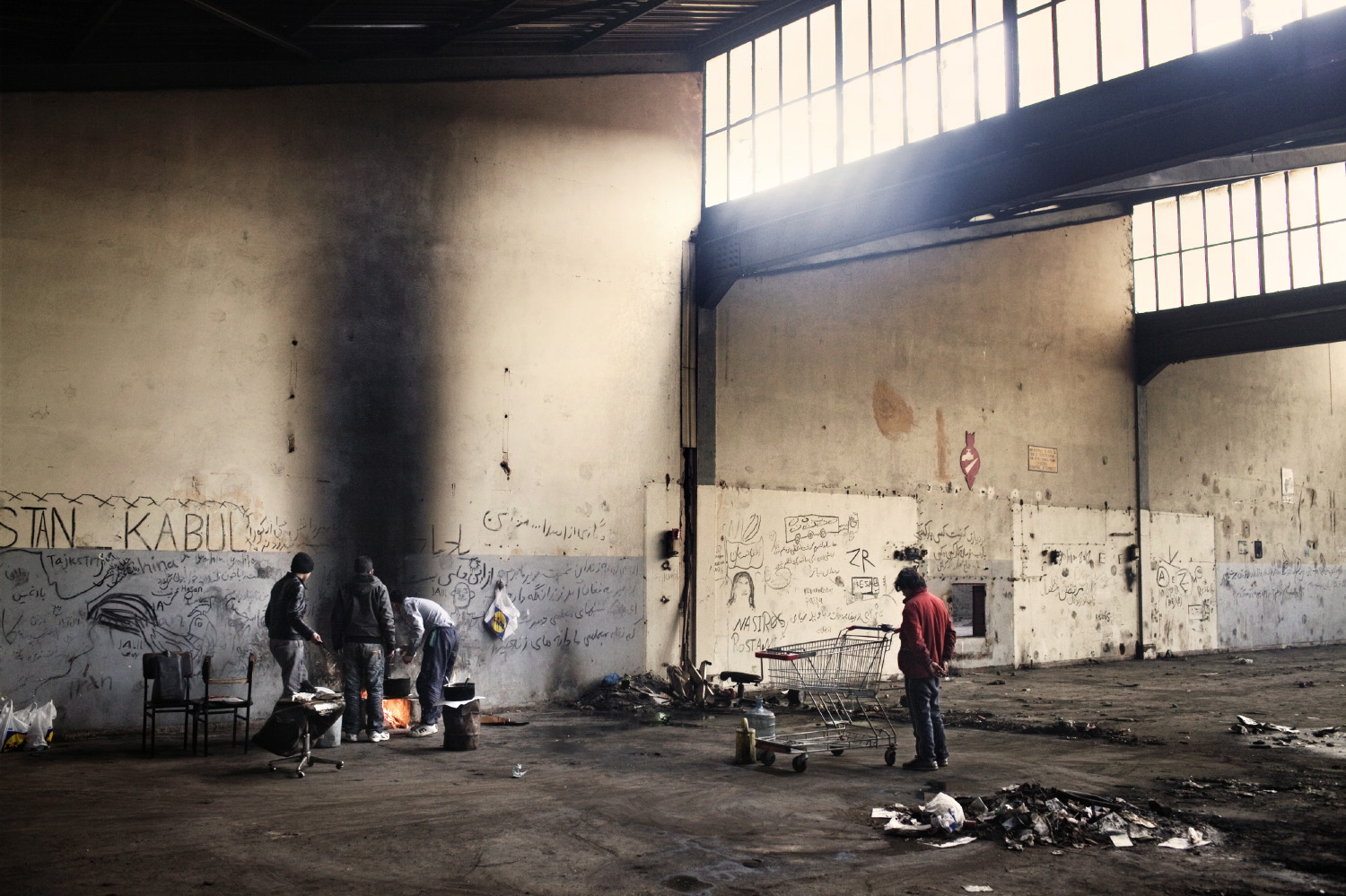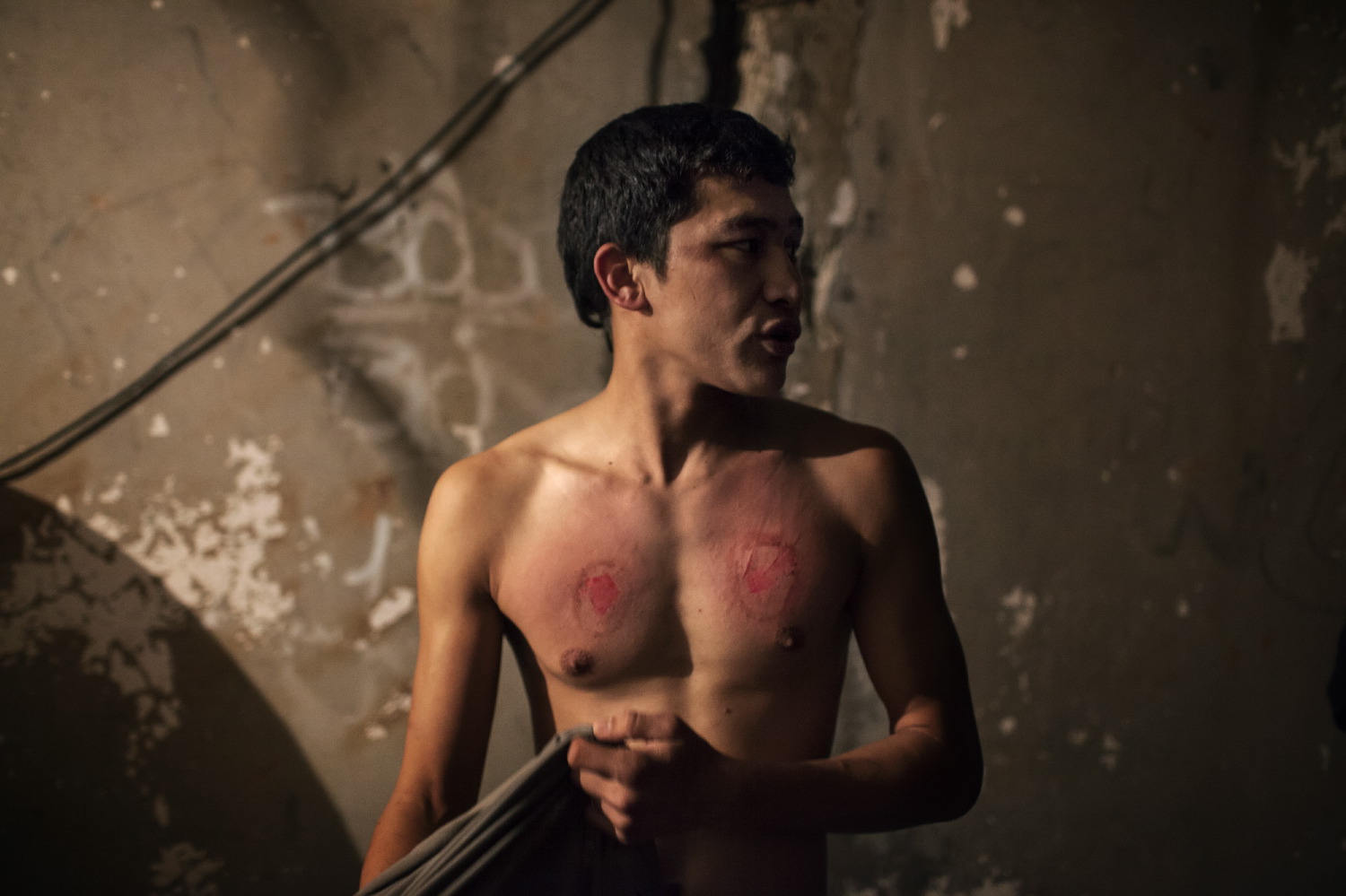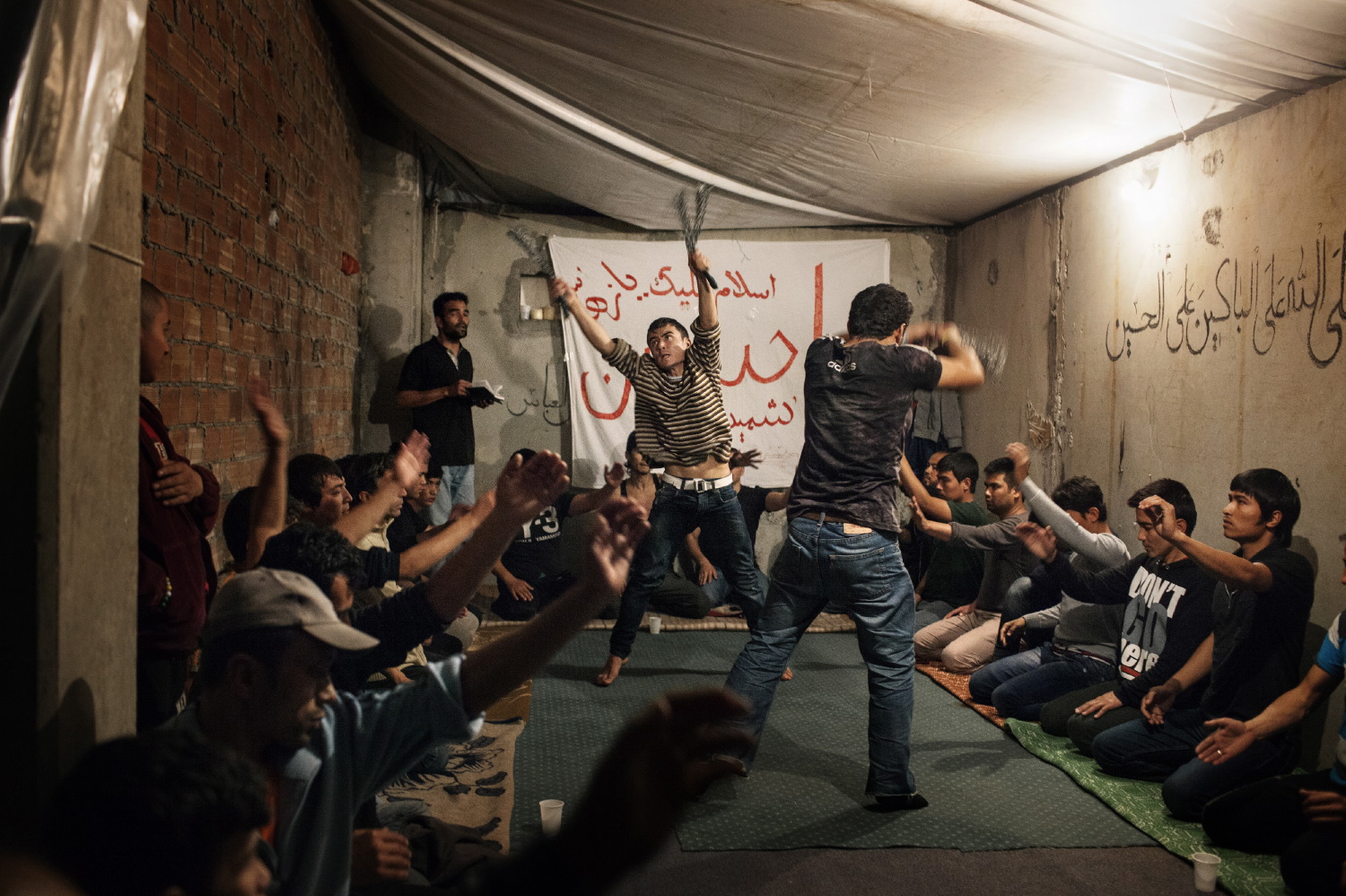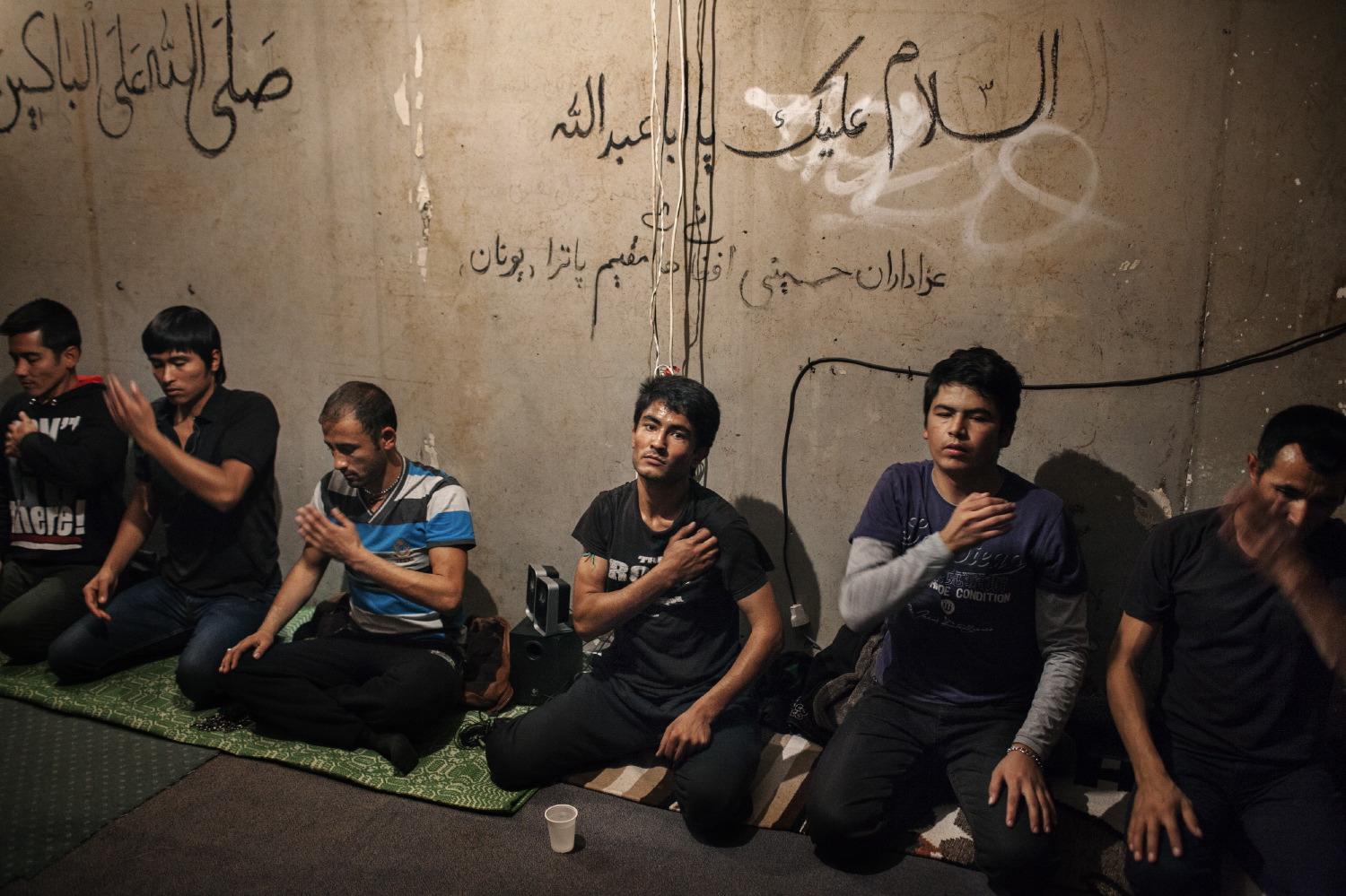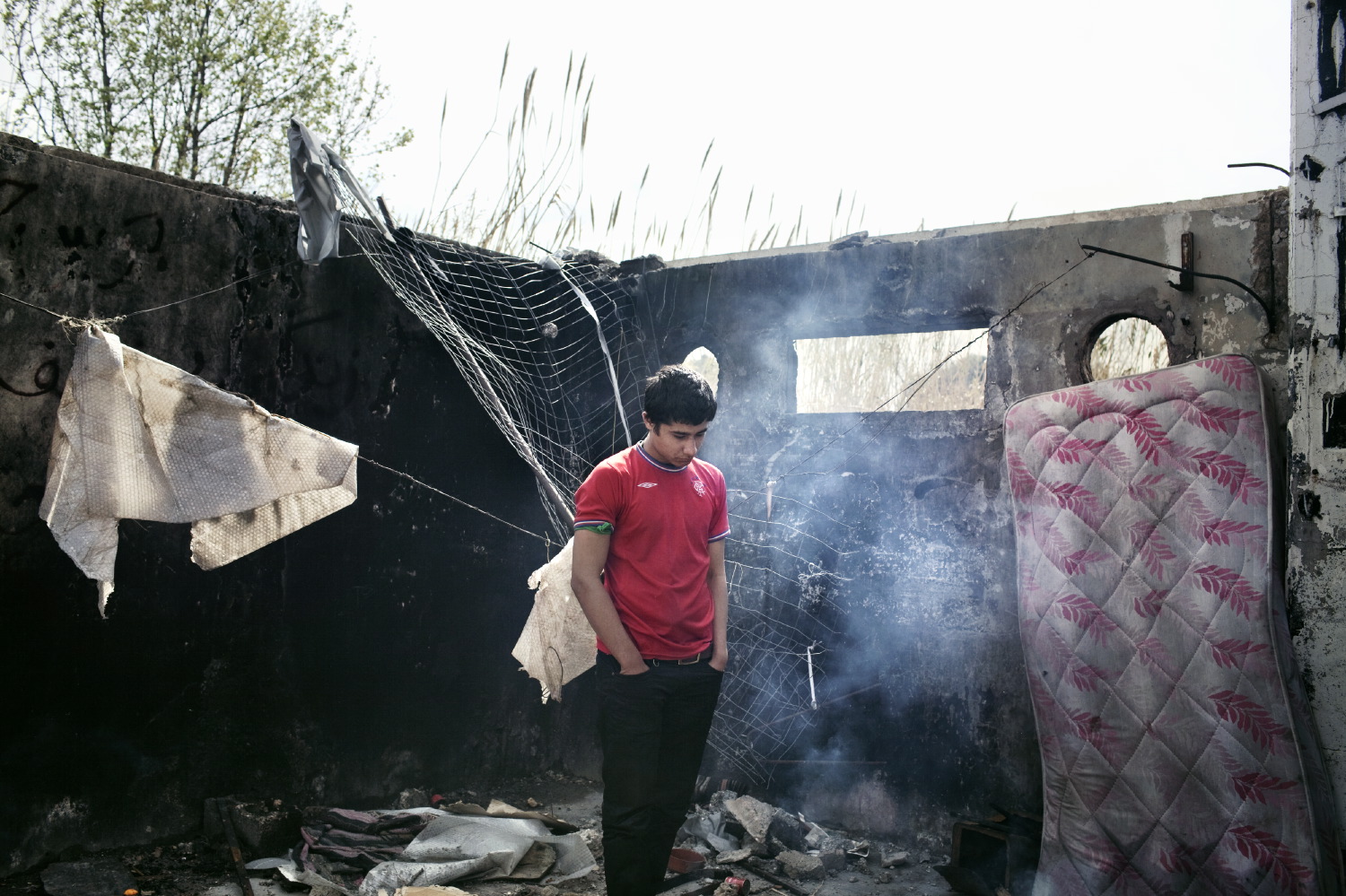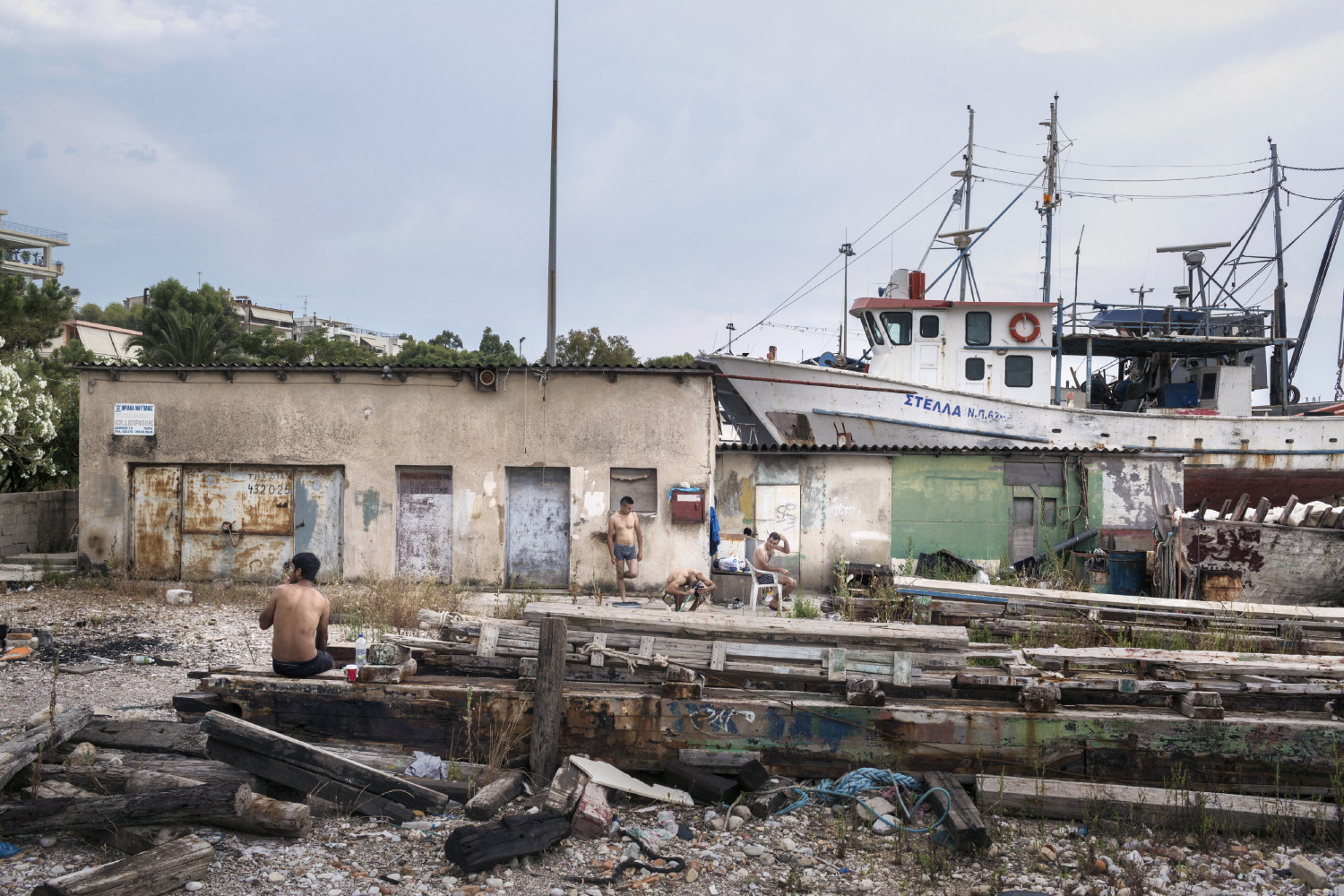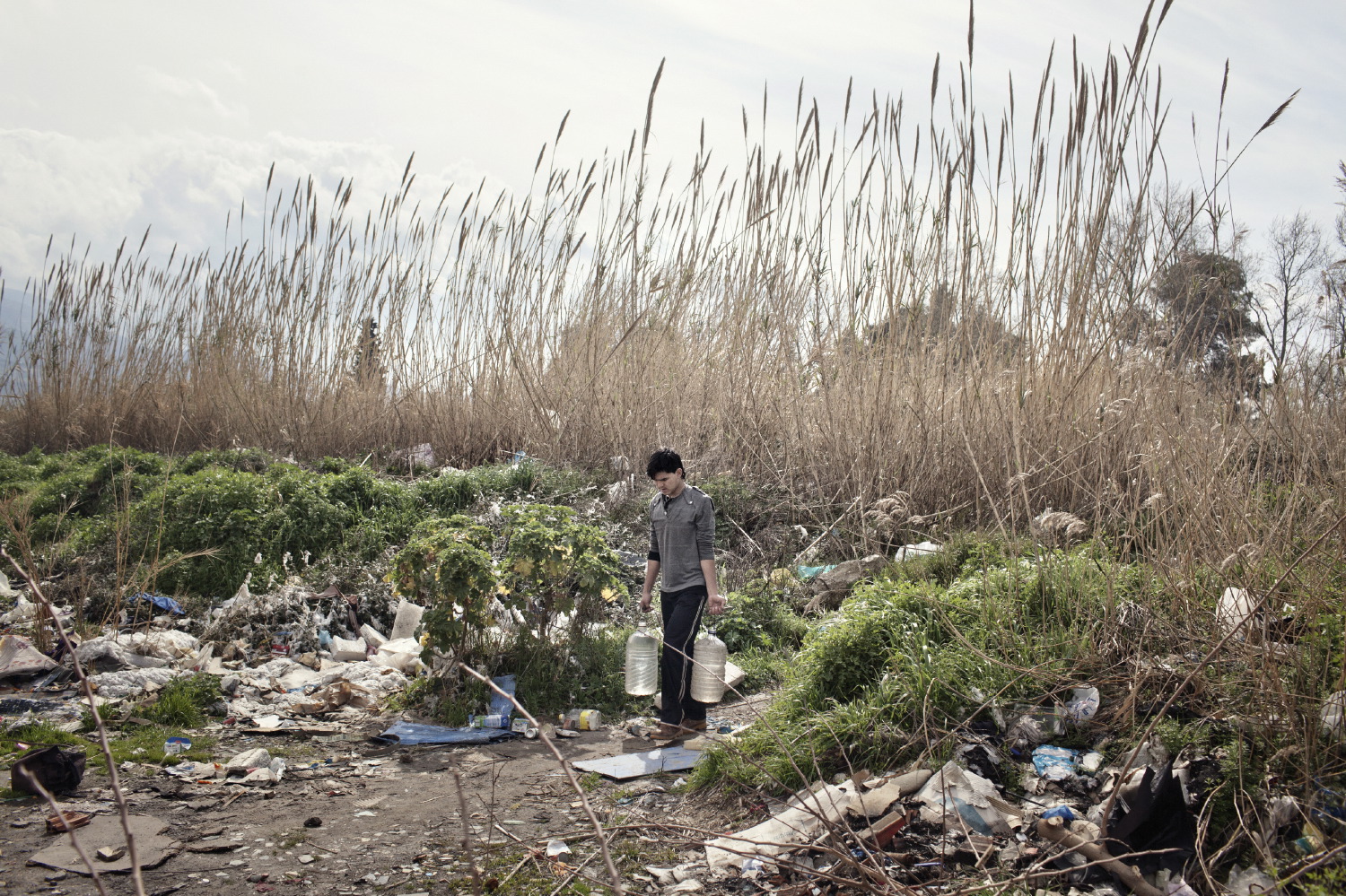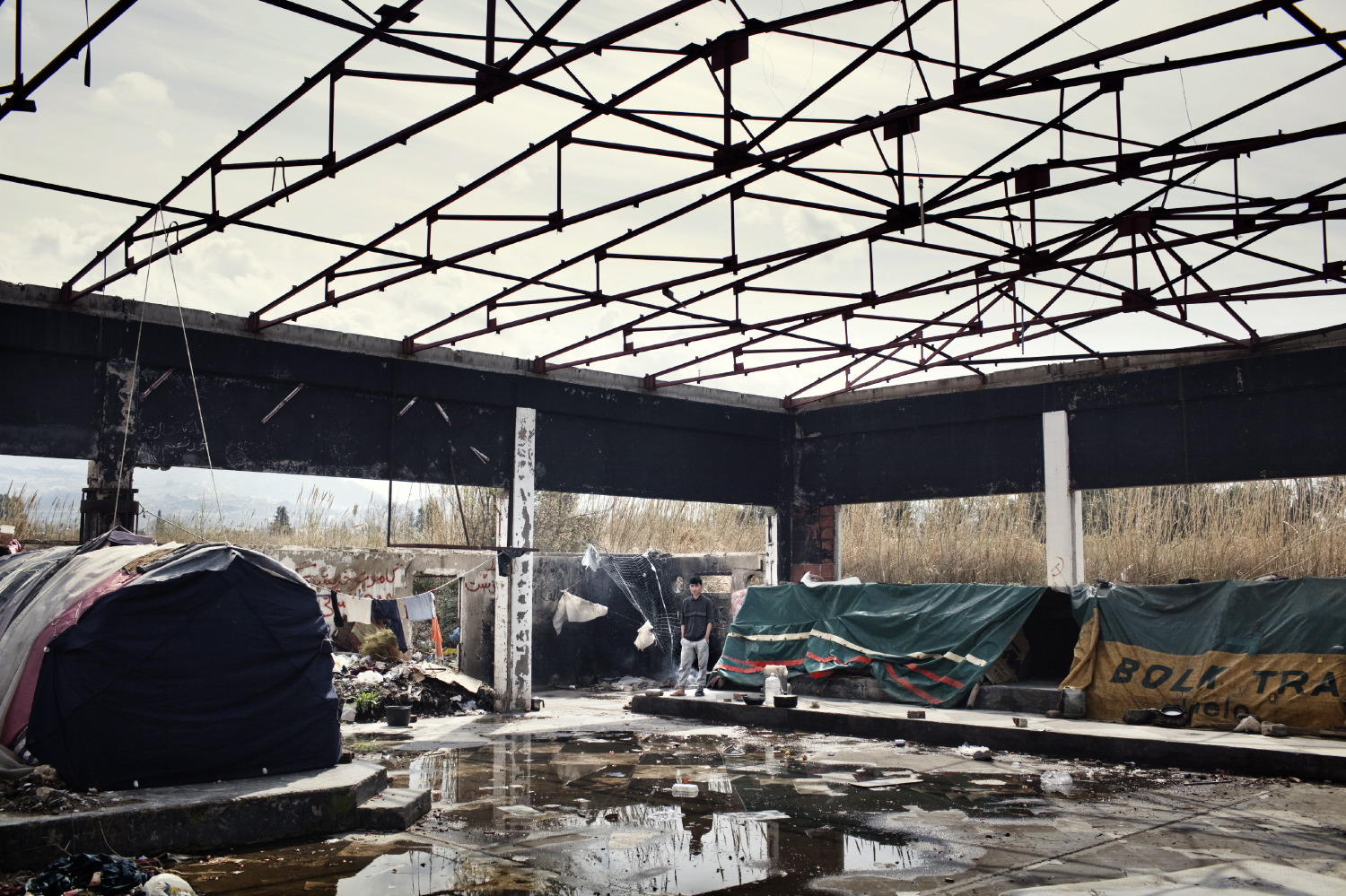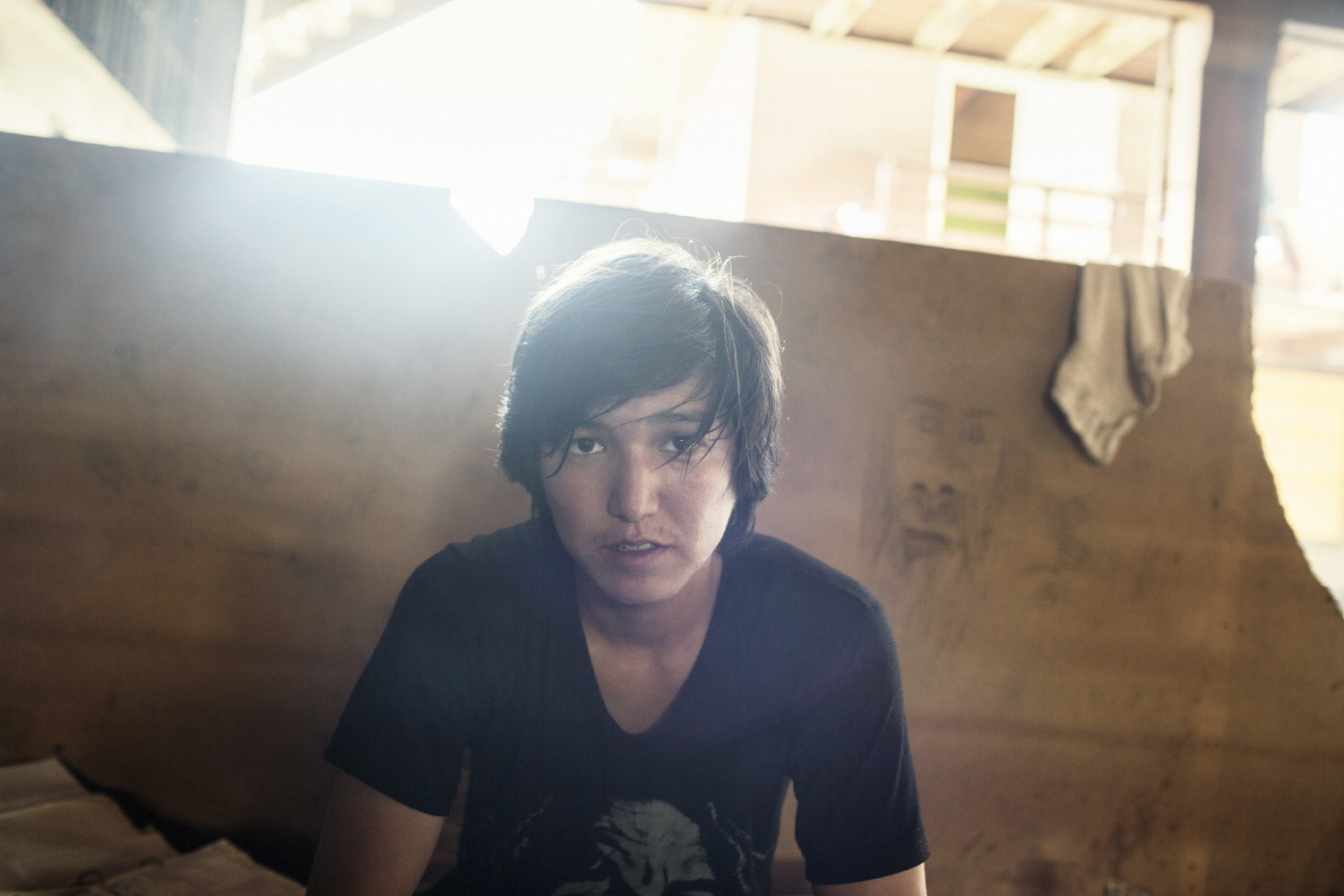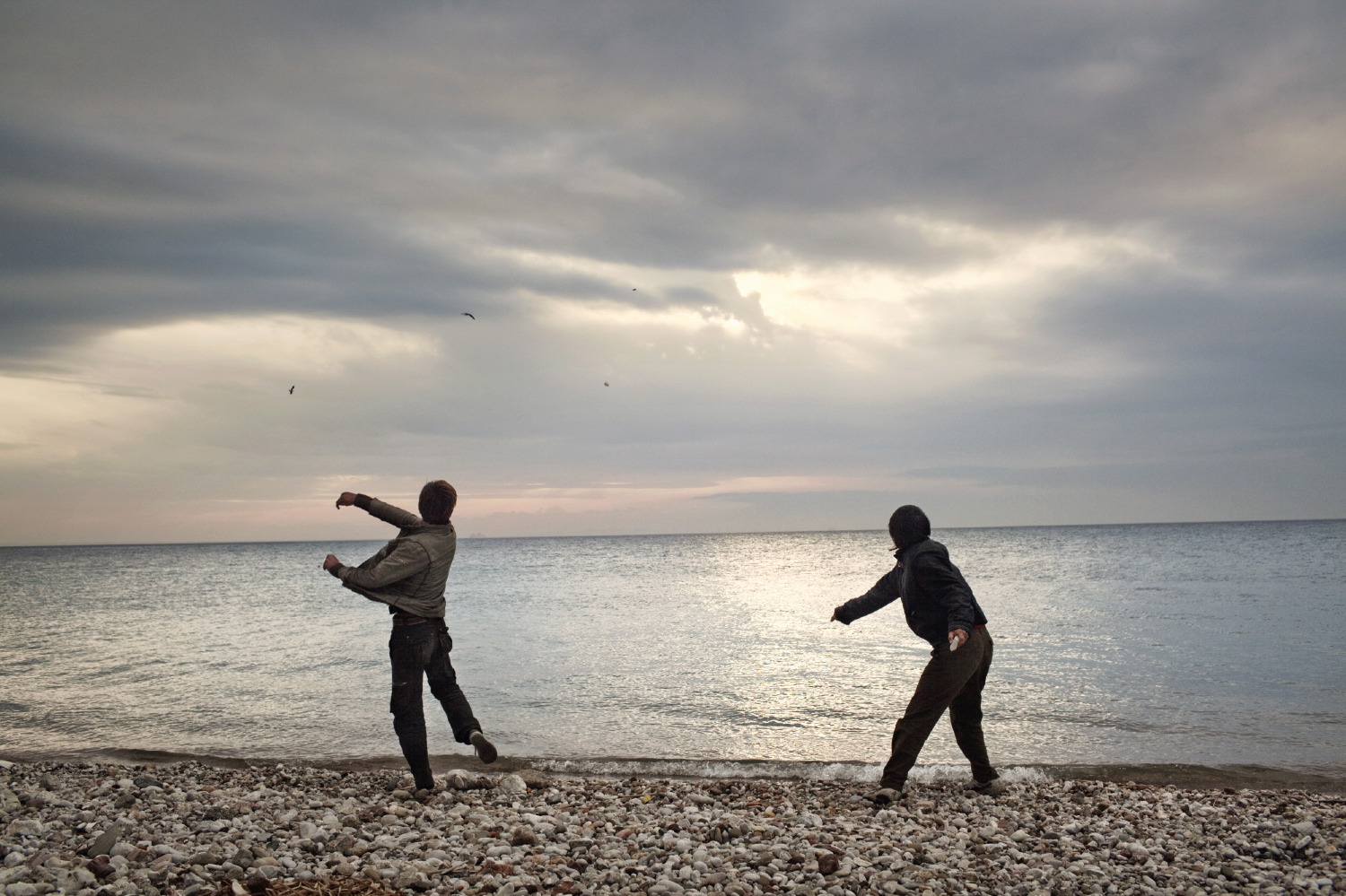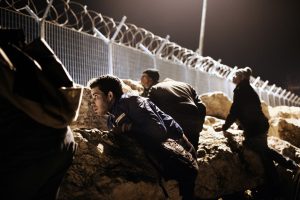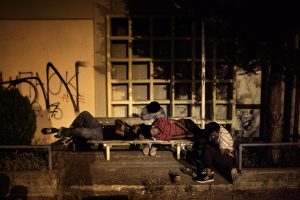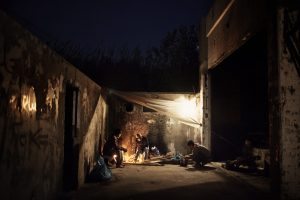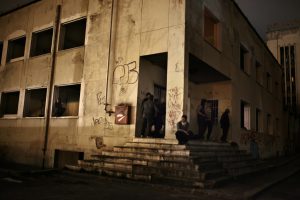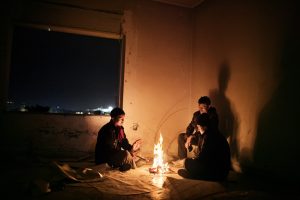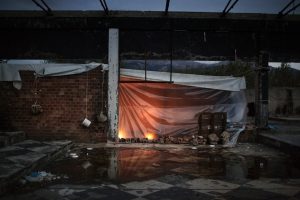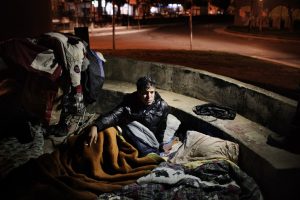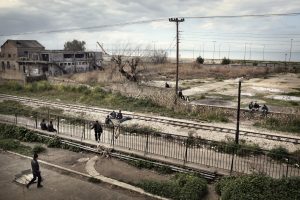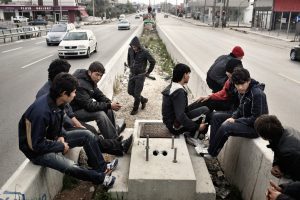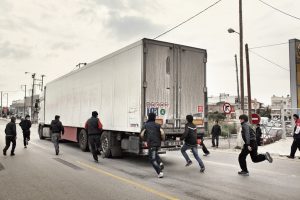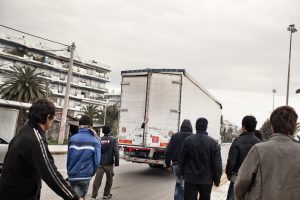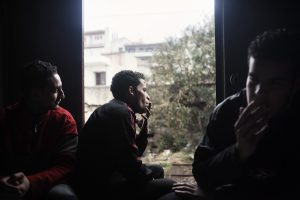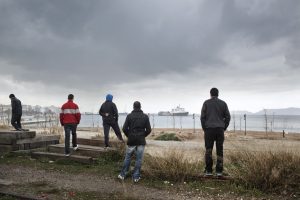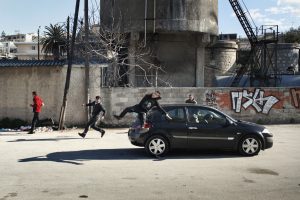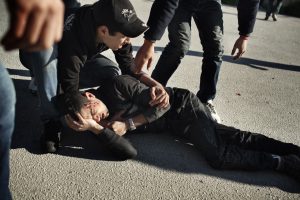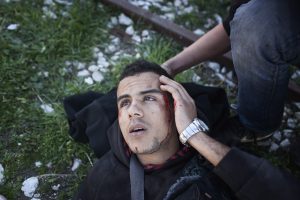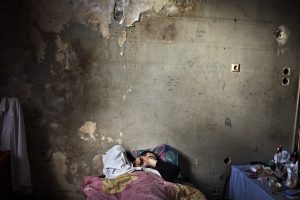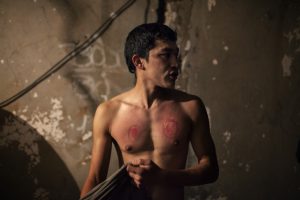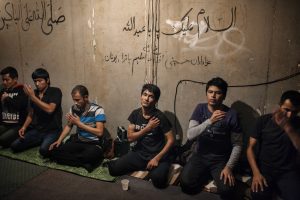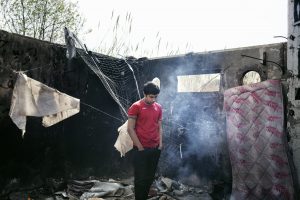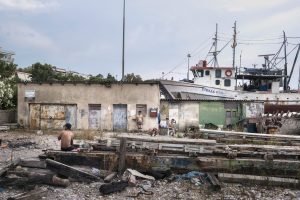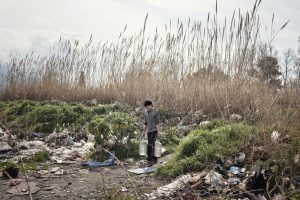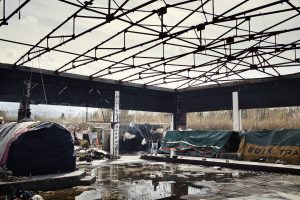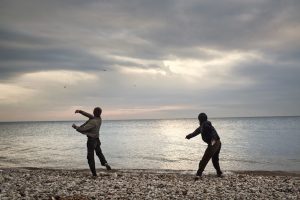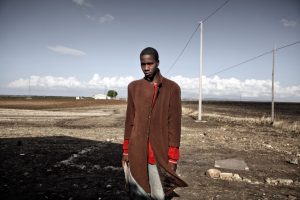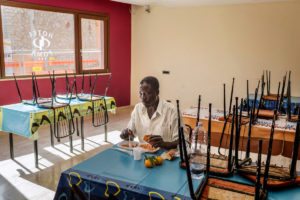This is the story of young, often underage migrants fleeing their home countries, trying to enter the European Union through Greece. Every day in Greece, these young people confront the difficulties of a country tormented by the economic crisis. Greece also refuses asylum requests more than any other country in Europe, reaching a 99.5% refusal rate in 2012. Many young migrants therefore see other European countries as their only hope of a future, and attempt to leave Greece at the first possible moment, often in desperate ways, tolerating desperate conditions. The wars they leave behind at home are just the beginning of their tragedy.
Hundreds, thousand, hidden in the abandoned industrial areas that surround the port of Patras; in the old disused train station in the centre of Corinth; I found them in the ‘urban holes’ that dot the landscape of an Athens wounded by the crisis.
They are the kids I followed for this project, some of whom are very young. After desperate journeys, they arrive from the wars which have tormented their countries in recent years. But war, for them, was only the beginning of the tragedy. Those who come from the Middle East and Central Asia try to reach Europe, the land I am lucky enough to call home, through its eastern door, Greece. They then get stuck there, amidst increasingly harsh security checks and racism which tragically often degenerates into neo-Nazi violence. For many, there is the hope of being able to rebuild the sort of life which would be impossible in their country of origin. The young Afghans I met are mainly fleeing the forced militarization practiced by the Taliban in Afghanistan, subsequent to the war that affected the country in 2001. For many others who are fleeing a scorching North Africa in revolt, the hope is to have the rights they were denied by the radicalization of the violence in their country of origin, recognized. Persecution for religious and ethnic reasons, or due to political opinion, could allow them to obtain refugee status in European Union countries, but certainly not in Greece. There, the rules are so tight that more than 99.5% (rate in 2012) of requests for asylum are refused. For this reason, they are forced to hide, because having a Greek police record would mean the end of the dream of safe reception in Europe.
I learned that this is set out by the Dublin Regulation, the EU law with responsibility for granting asylum. According to the regulation, the country where a person is first identified is the country that has the duty and right to decide whether to grant refugee status or not, irrespective of where the application for asylum is made. Attempts to harmonize regulations on asylum in Europe have been dramatically swept away by the economic crisis.
The Mediterranean countries have been the most affected by the flows and at the same time, have the fewest economic resources to manage them. What’s

